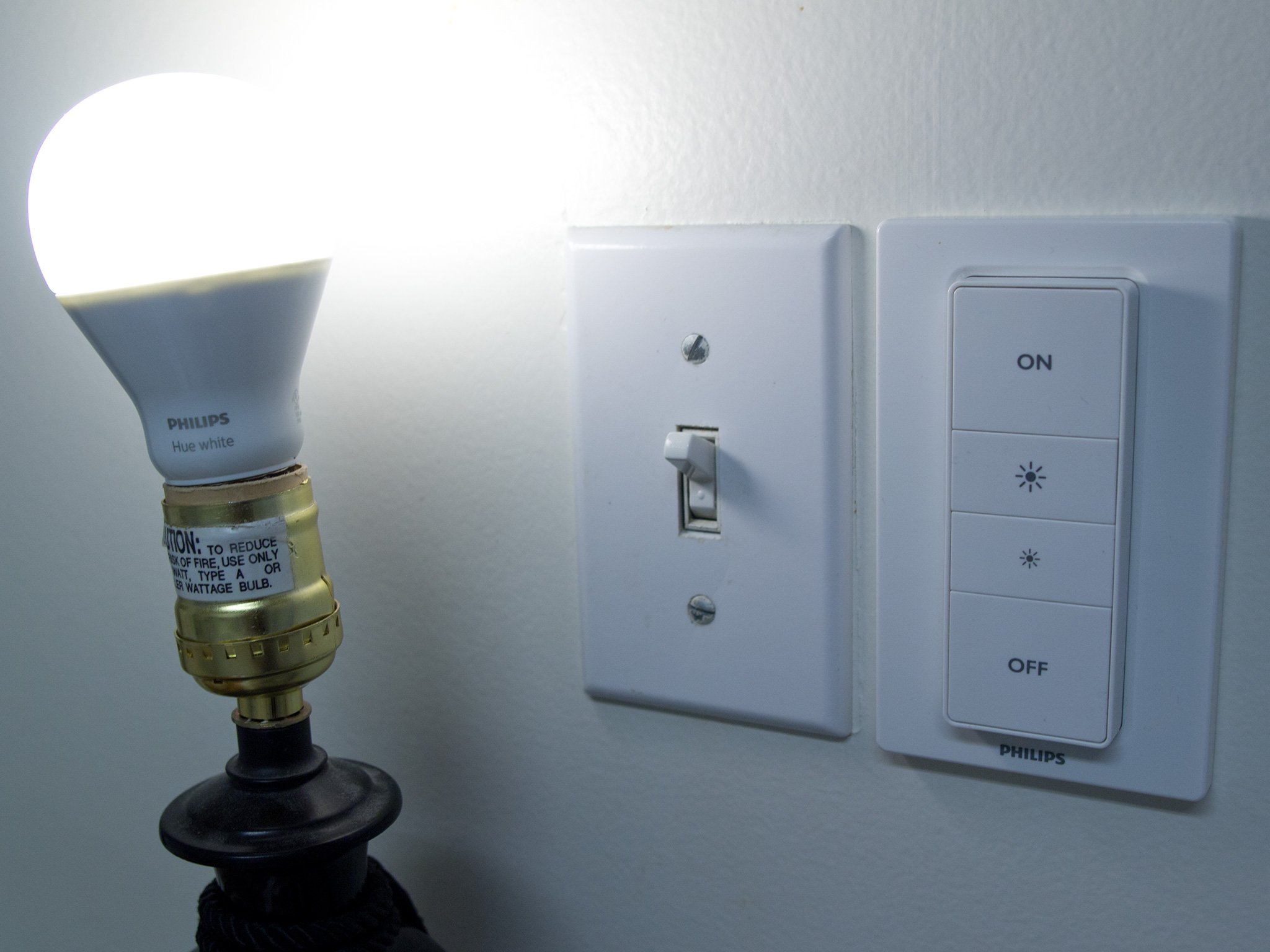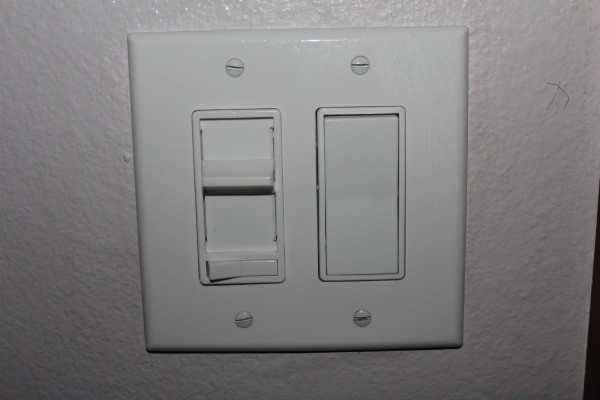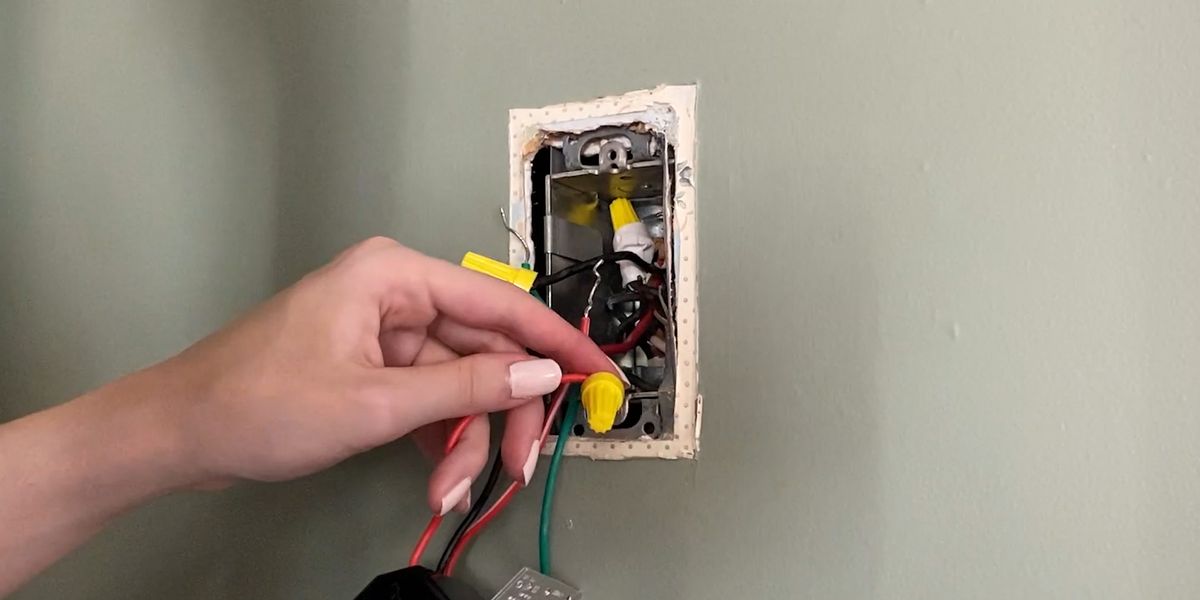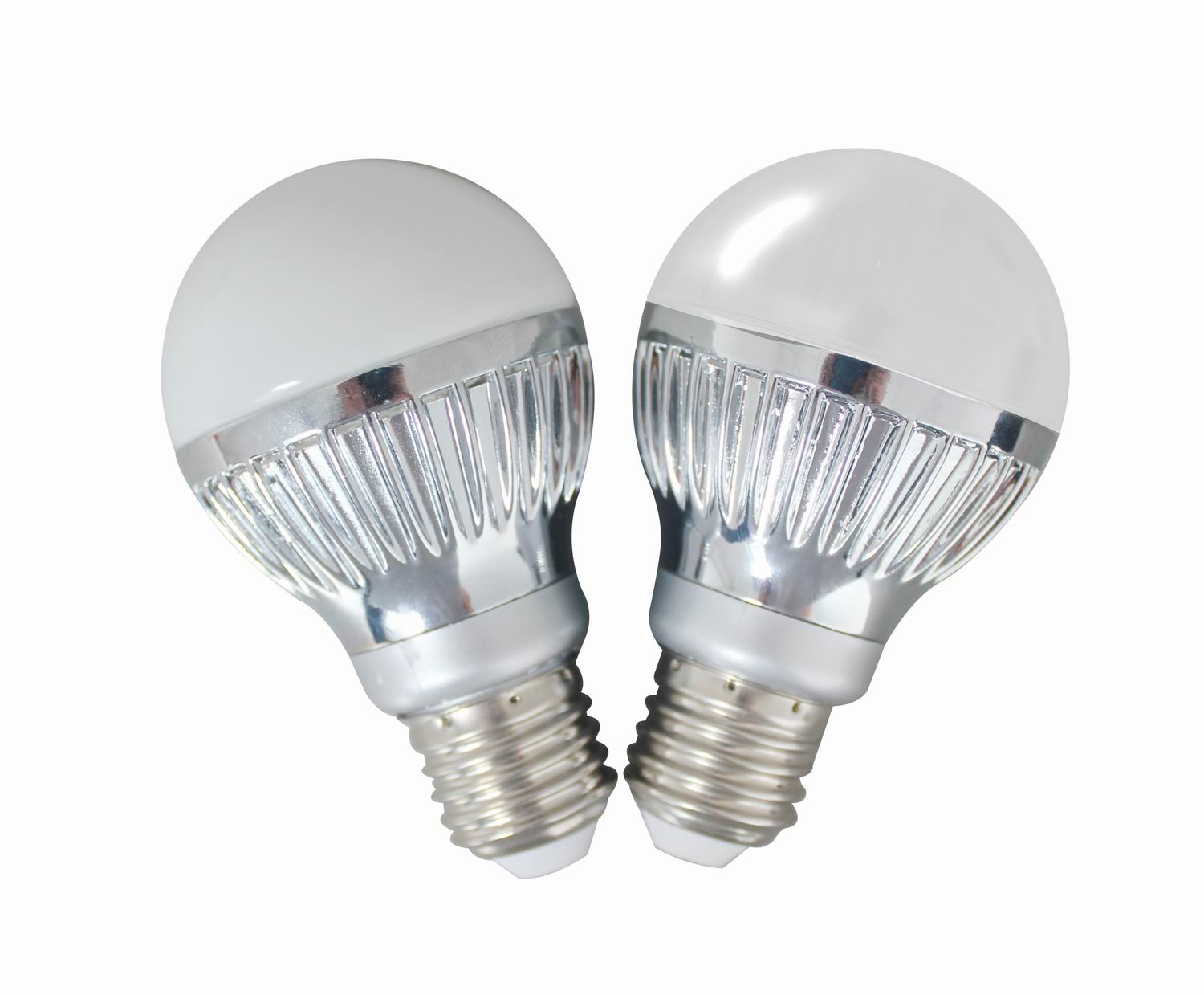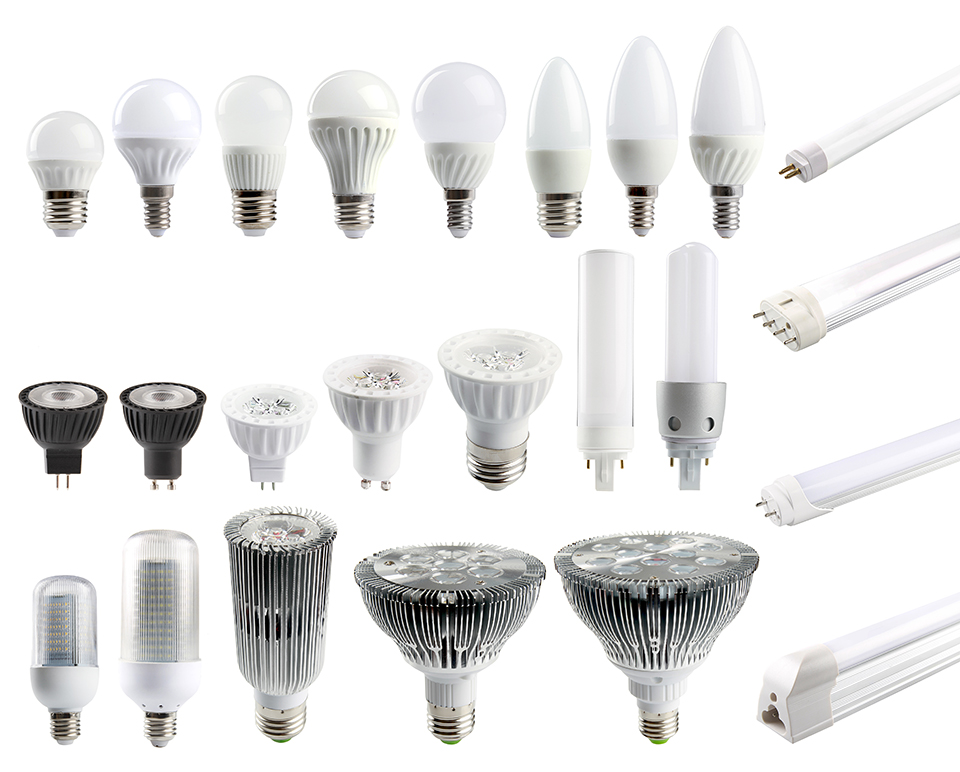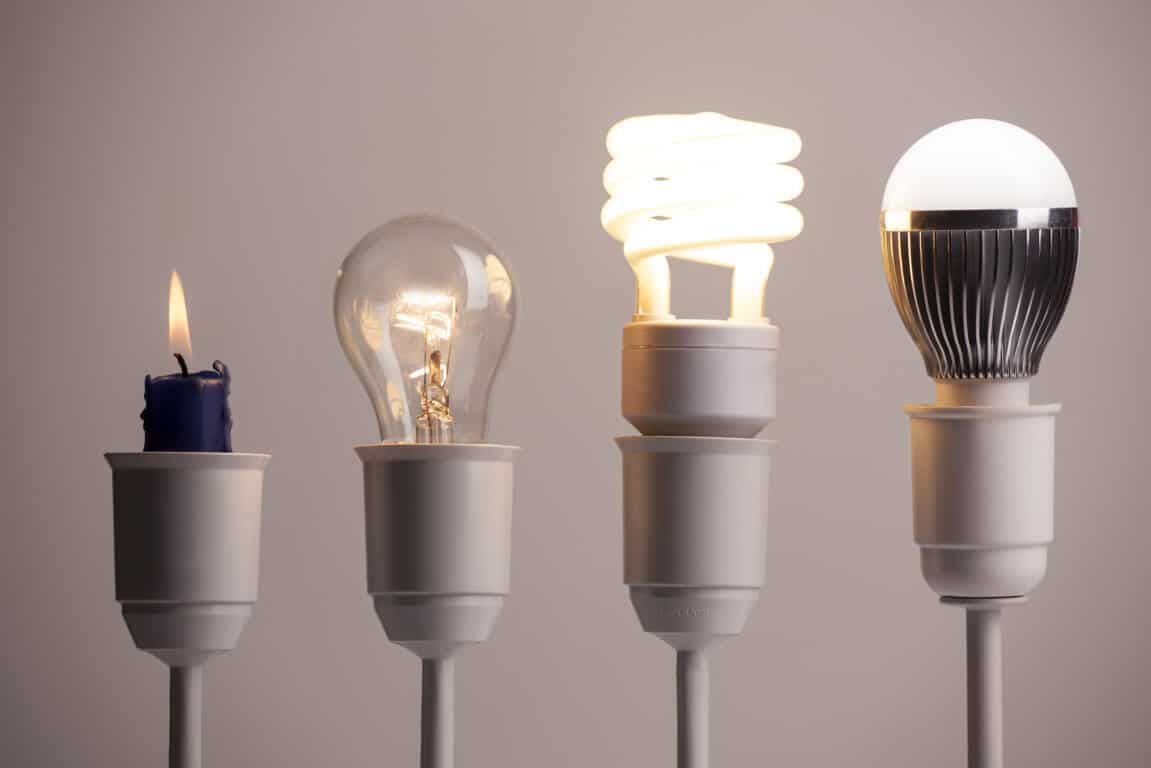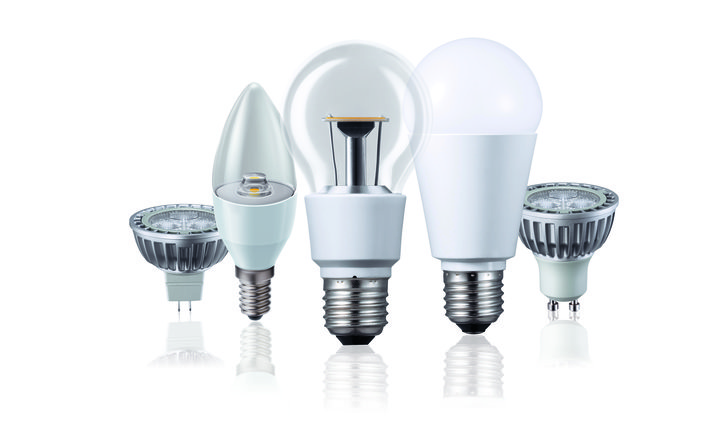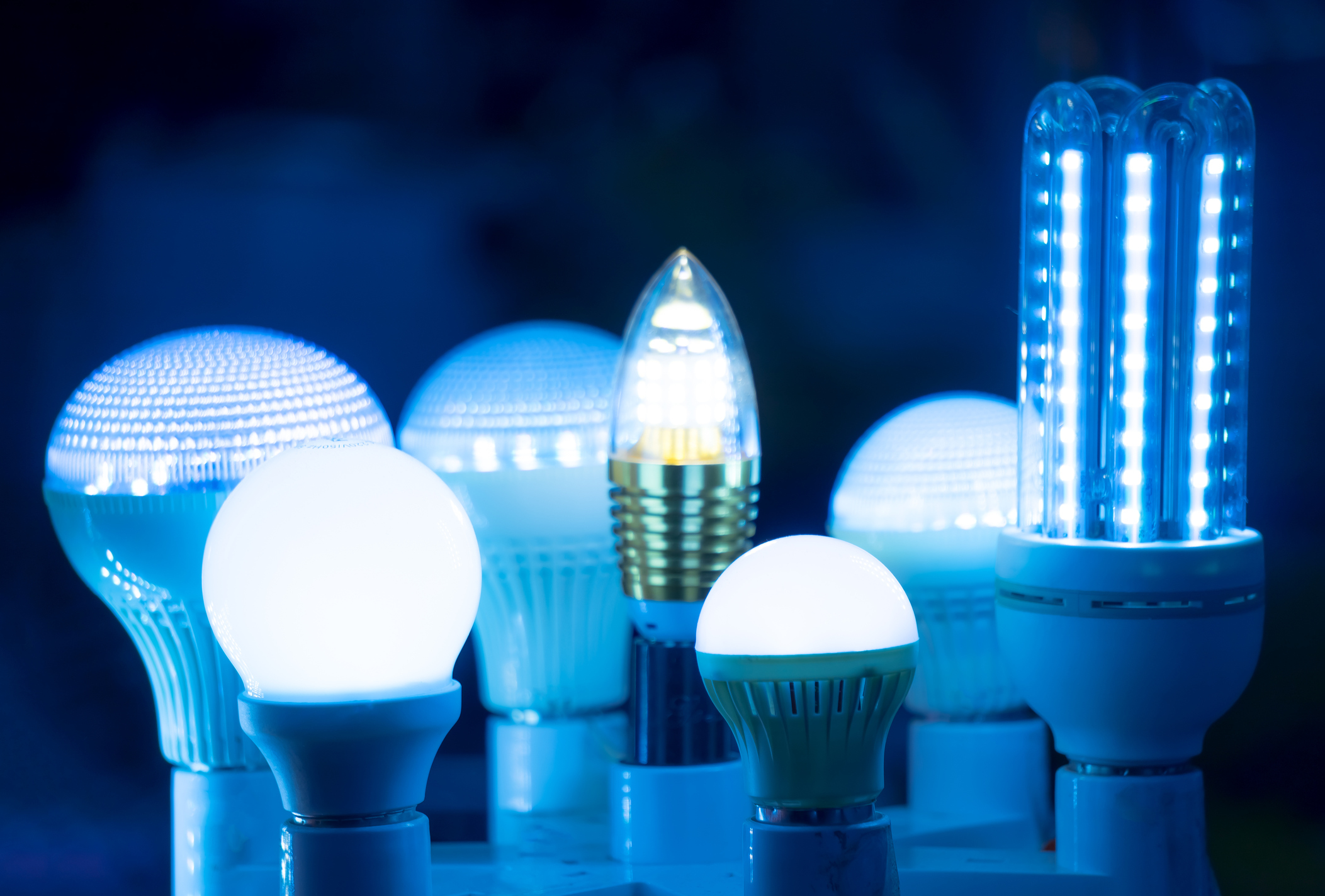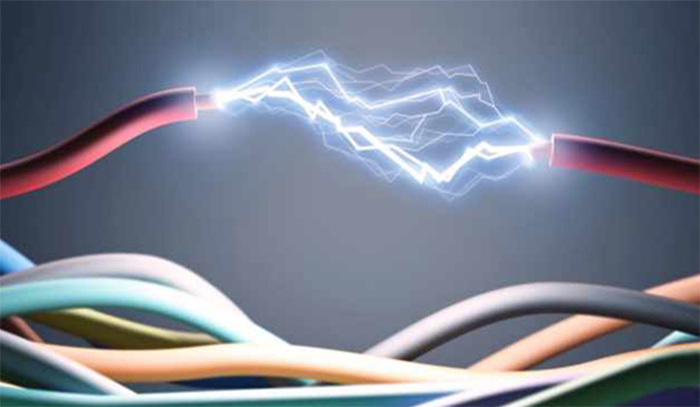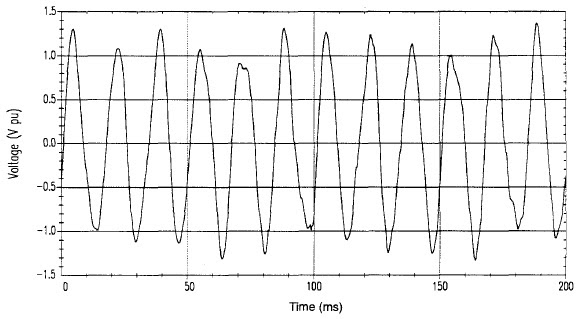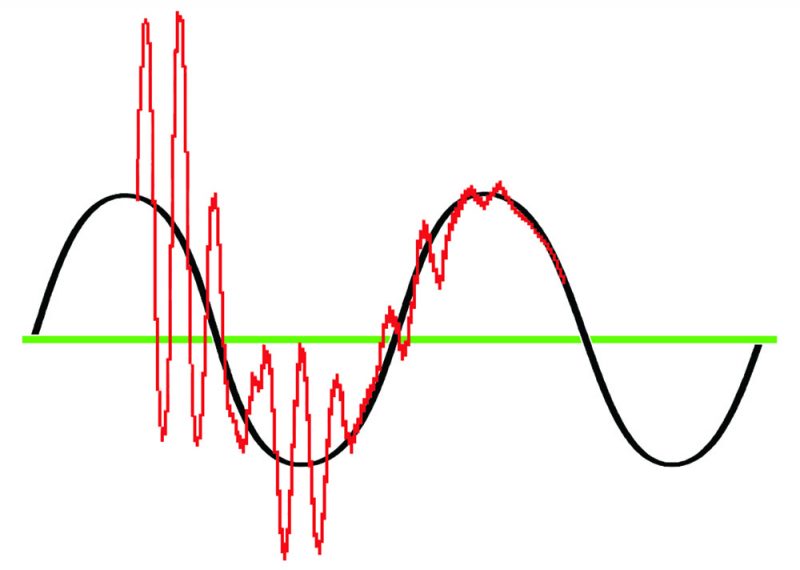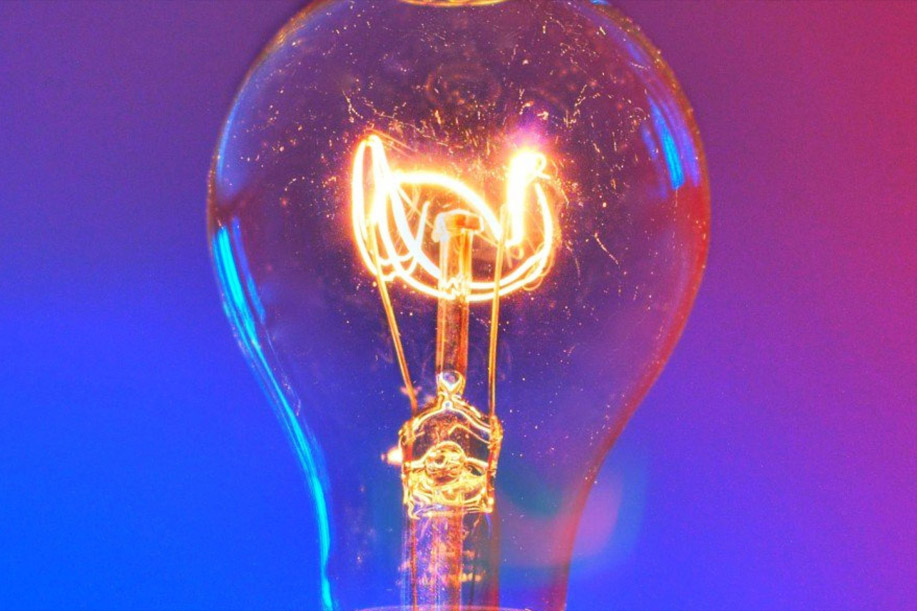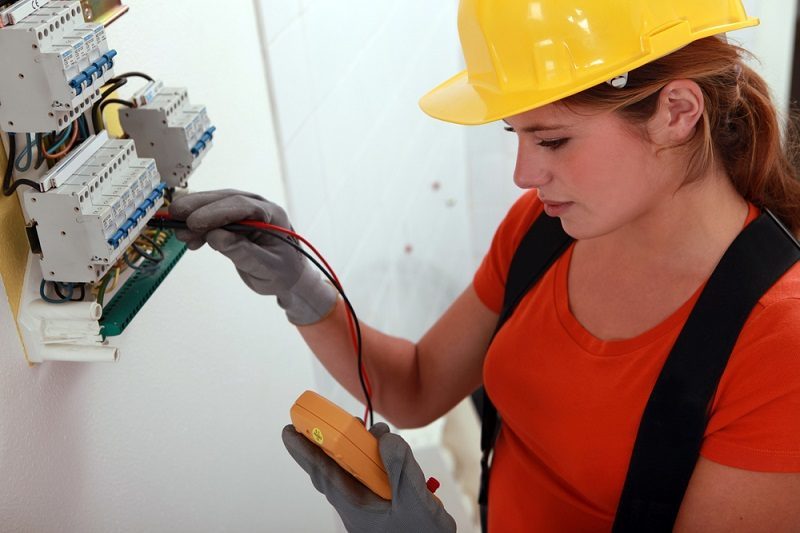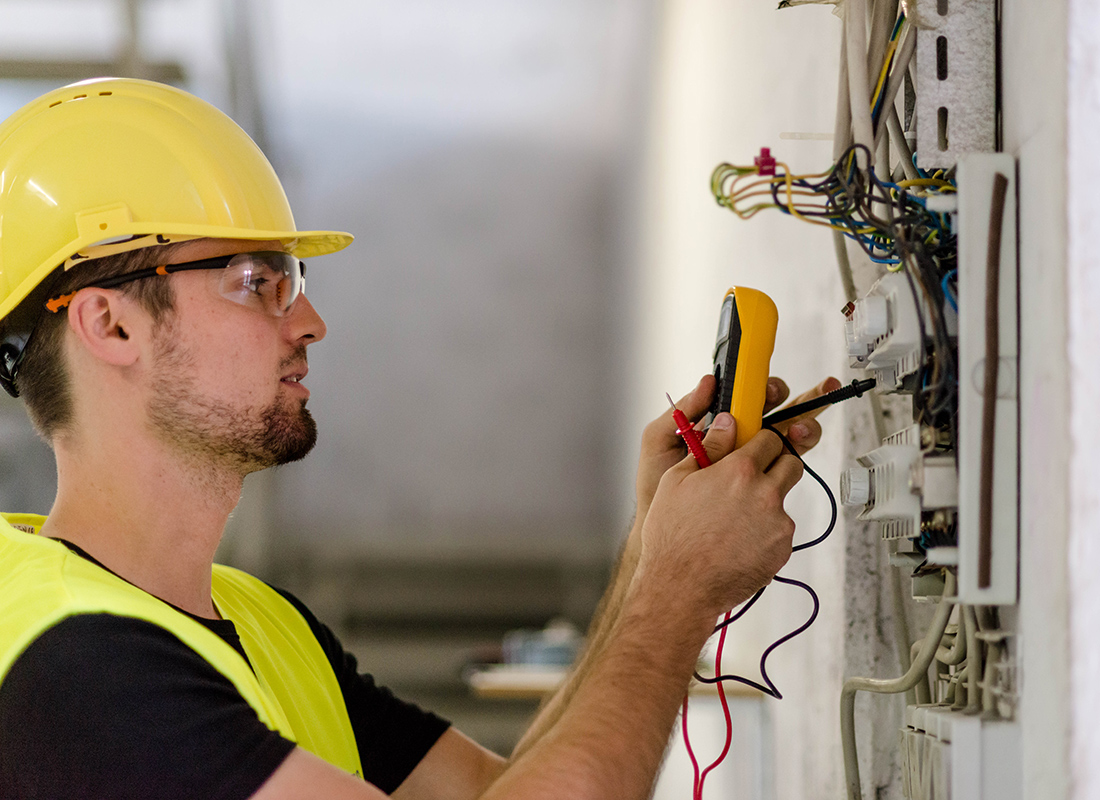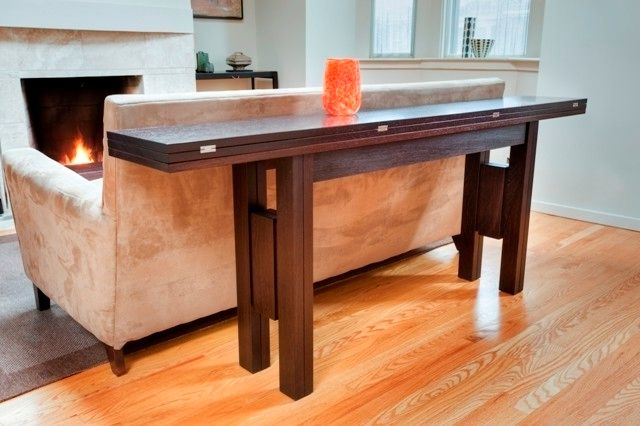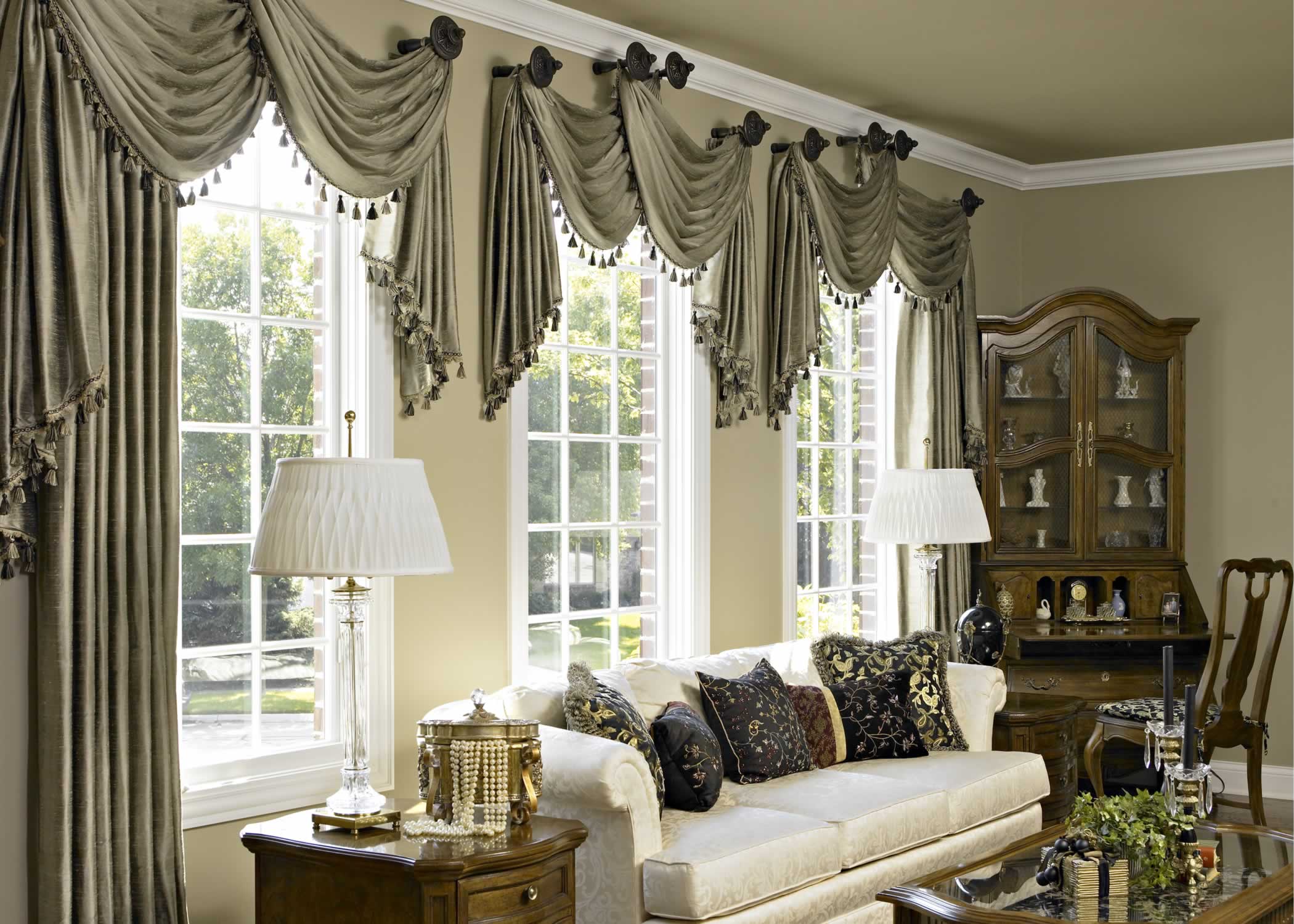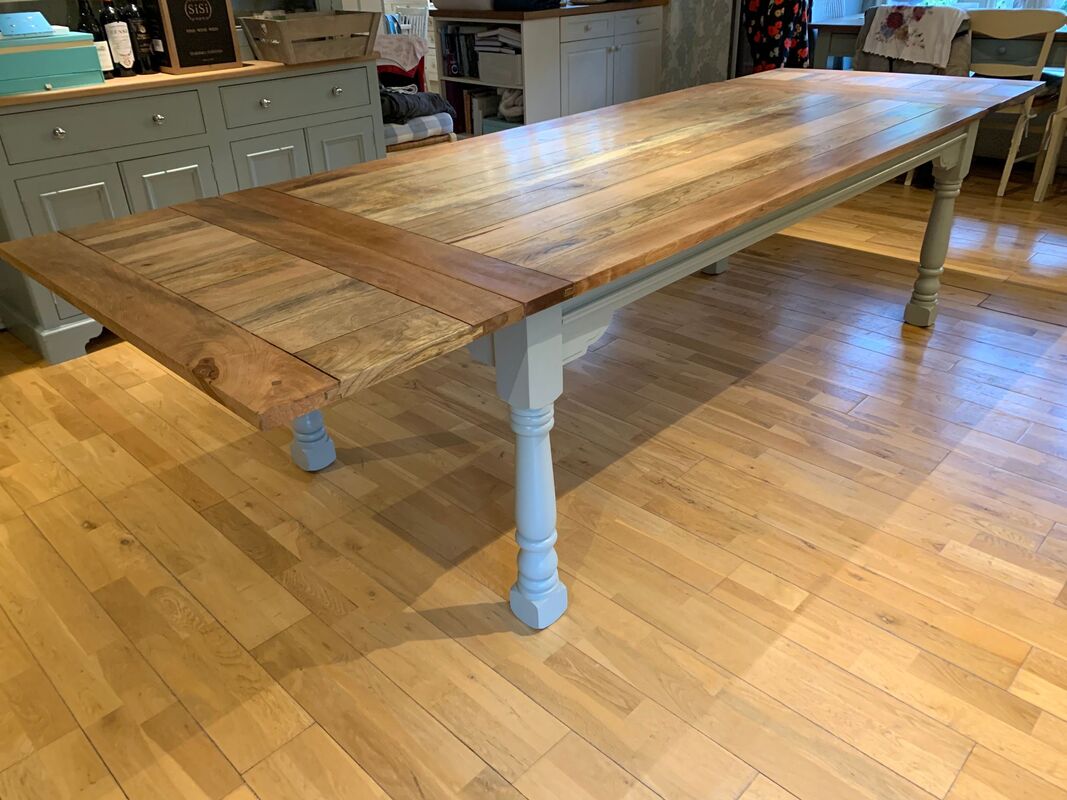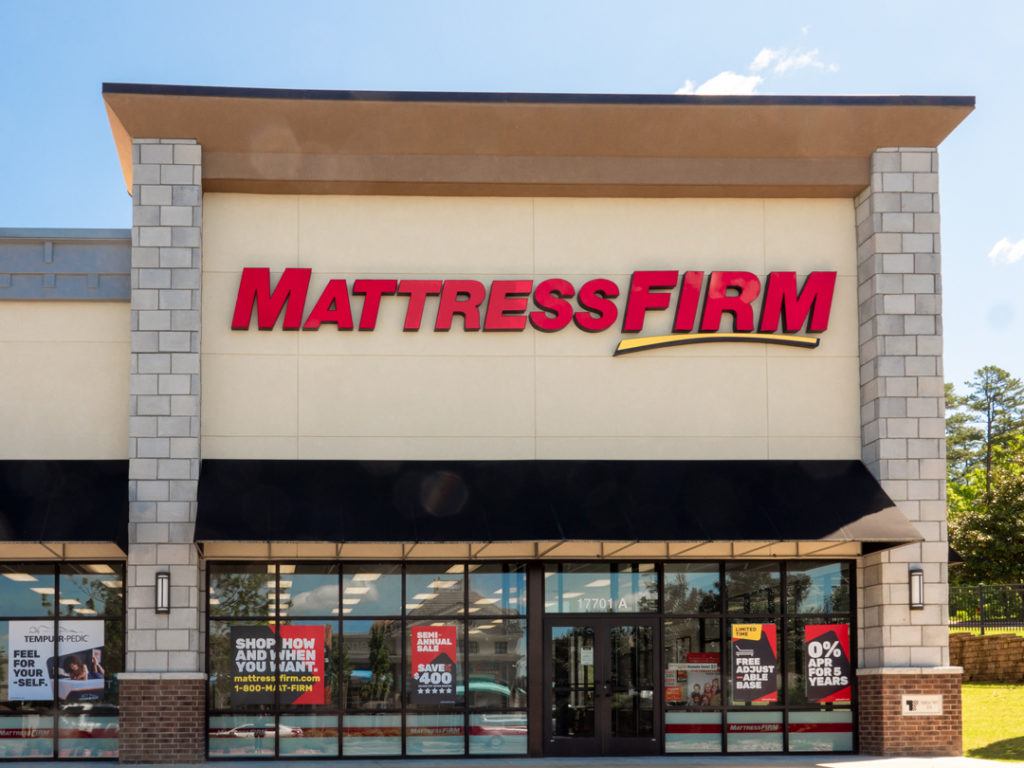Dining Room Light Keeps Blowing Bulbs
If you're constantly replacing light bulbs in your dining room, you're not alone. Many homeowners experience the frustration of having their dining room light bulbs blow out frequently. Not only is it inconvenient and costly, but it can also be a safety hazard. In this article, we'll explore the top 10 reasons why your dining room light keeps blowing bulbs and what you can do to fix it.
Light Bulb Replacement
One of the most common reasons for a dining room light to blow out frequently is due to old or faulty light bulbs. If you're using incandescent bulbs, they have a shorter lifespan compared to other types of bulbs. Consider switching to LED bulbs, which have a longer lifespan and can save you money in the long run. Make sure to also check the wattage of the bulbs you're using and replace them with the correct wattage to avoid overloading the circuit.
Electrical Issues
Another possible cause for your dining room light constantly blowing bulbs is an underlying electrical issue. It could be a problem with the wiring or the electrical panel. Faulty wiring can cause voltage fluctuations, which can damage your bulbs. If you suspect an electrical issue, it's best to consult a professional electrician to diagnose and fix the problem.
Faulty Wiring
If your dining room light is connected to faulty wiring, it can cause the bulbs to blow out frequently. This could be due to old or damaged wiring, improper installation, or pests chewing on the wires. It's important to have your wiring checked regularly to ensure it's in good condition and replace any damaged wires immediately.
Overloaded Circuit
If your dining room light is on the same circuit as other high-powered appliances, it can cause the circuit to overload and trip, leading to blown bulbs. This is especially common in older homes with outdated wiring. Consider having an electrician install a dedicated circuit for your dining room light to avoid overloading.
Loose Connection
A loose connection between the light fixture and the wiring can also cause bulbs to blow out frequently. This can be caused by wear and tear or improper installation. Make sure to check the connections and tighten them if necessary. If the problem persists, it's best to have an electrician fix the issue.
Dimmer Switch
If your dining room light is connected to a dimmer switch, it could be the culprit behind your blown bulbs. Not all bulbs are compatible with dimmer switches, and using the wrong type can cause them to blow out frequently. Make sure to use dimmable bulbs and check the compatibility with your dimmer switch before installing them.
LED Bulbs
While LED bulbs have a longer lifespan compared to other types of bulbs, they are also sensitive to fluctuations in voltage. If your dining room light is connected to a circuit with voltage fluctuations, it can cause LED bulbs to blow out frequently. Consider installing a voltage stabilizer to regulate the voltage and protect your bulbs.
Voltage Fluctuations
Voltage fluctuations can be caused by various factors such as faulty wiring, overloaded circuits, or power surges. These can damage your bulbs and cause them to blow out frequently. It's important to address any underlying electrical issues to prevent future damage to your bulbs and other electrical appliances.
Professional Electrician
If you've tried all the DIY solutions and your dining room light still keeps blowing bulbs, it's time to call in a professional electrician. They have the knowledge and expertise to diagnose and fix any electrical issues that may be causing your bulbs to blow out. It may cost you more initially, but it will save you money and frustration in the long run.
In conclusion, a dining room light that keeps blowing bulbs is a common issue that can be caused by various factors such as old or faulty bulbs, electrical issues, faulty wiring, and more. It's important to address the problem to avoid potential safety hazards and save money on constantly replacing bulbs. If you're unsure about the cause, it's best to consult a professional electrician for a proper diagnosis and solution.
Why You Should Consider Upgrading Your Dining Room Light
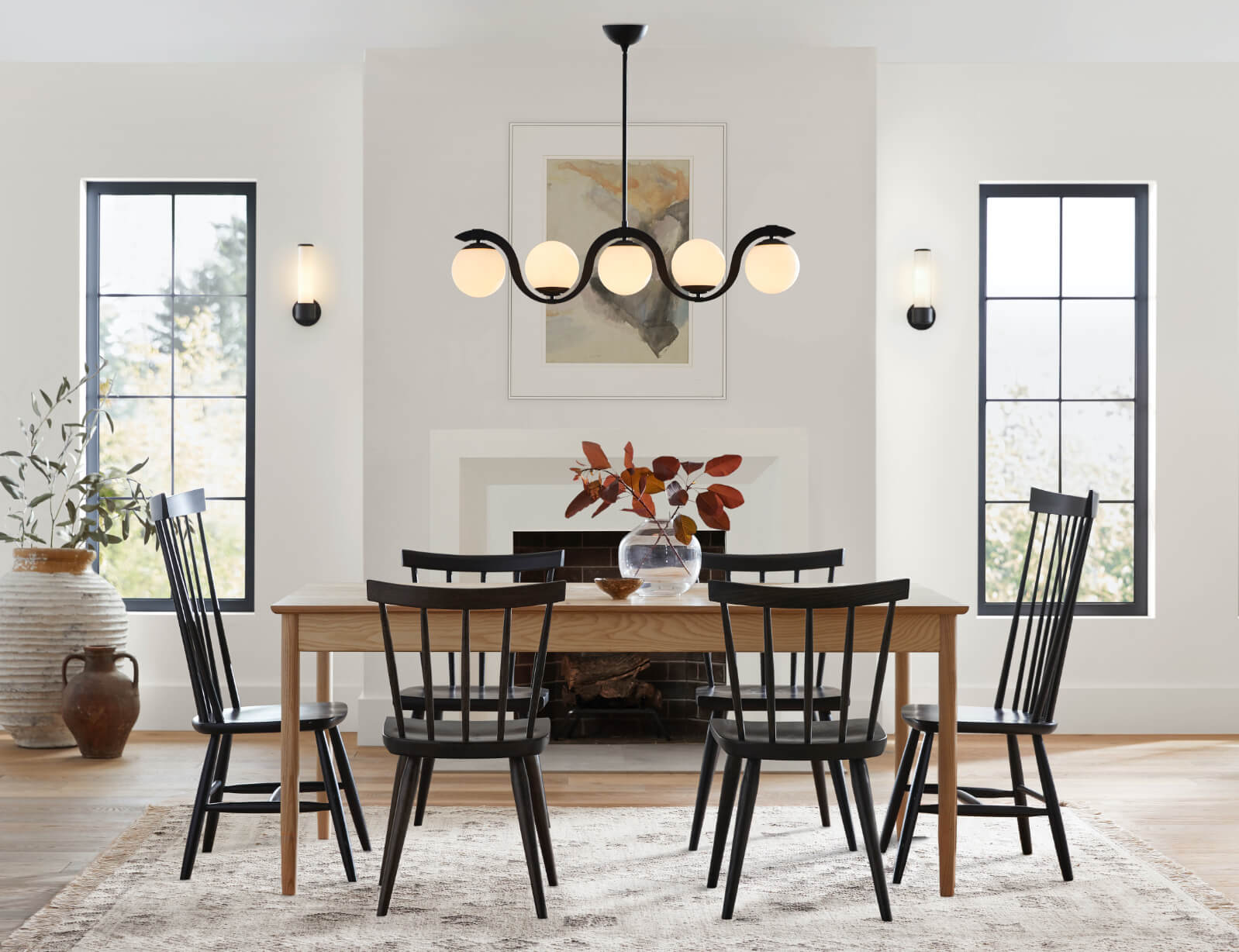
Experience the Benefits of a Modern Lighting Fixture
 If you're tired of constantly replacing blown light bulbs in your dining room, it may be time to consider upgrading your lighting fixture. Not only will this save you time and frustration, but it can also add a touch of style and sophistication to your dining room. With so many options available, finding the perfect dining room light can be overwhelming. But by understanding the benefits of a modern light fixture, you'll be able to make an informed decision that will enhance the overall design of your home.
If you're tired of constantly replacing blown light bulbs in your dining room, it may be time to consider upgrading your lighting fixture. Not only will this save you time and frustration, but it can also add a touch of style and sophistication to your dining room. With so many options available, finding the perfect dining room light can be overwhelming. But by understanding the benefits of a modern light fixture, you'll be able to make an informed decision that will enhance the overall design of your home.
Improved Energy Efficiency
 One of the main reasons why your dining room light may be blowing bulbs is because it is outdated. Older fixtures tend to use more energy, which can put strain on the bulbs and cause them to burn out more quickly. By upgrading to a modern light fixture, you can take advantage of newer technology that is more energy-efficient. This not only saves you money on your electricity bill, but it also reduces your carbon footprint and is better for the environment.
One of the main reasons why your dining room light may be blowing bulbs is because it is outdated. Older fixtures tend to use more energy, which can put strain on the bulbs and cause them to burn out more quickly. By upgrading to a modern light fixture, you can take advantage of newer technology that is more energy-efficient. This not only saves you money on your electricity bill, but it also reduces your carbon footprint and is better for the environment.
Enhanced Ambiance
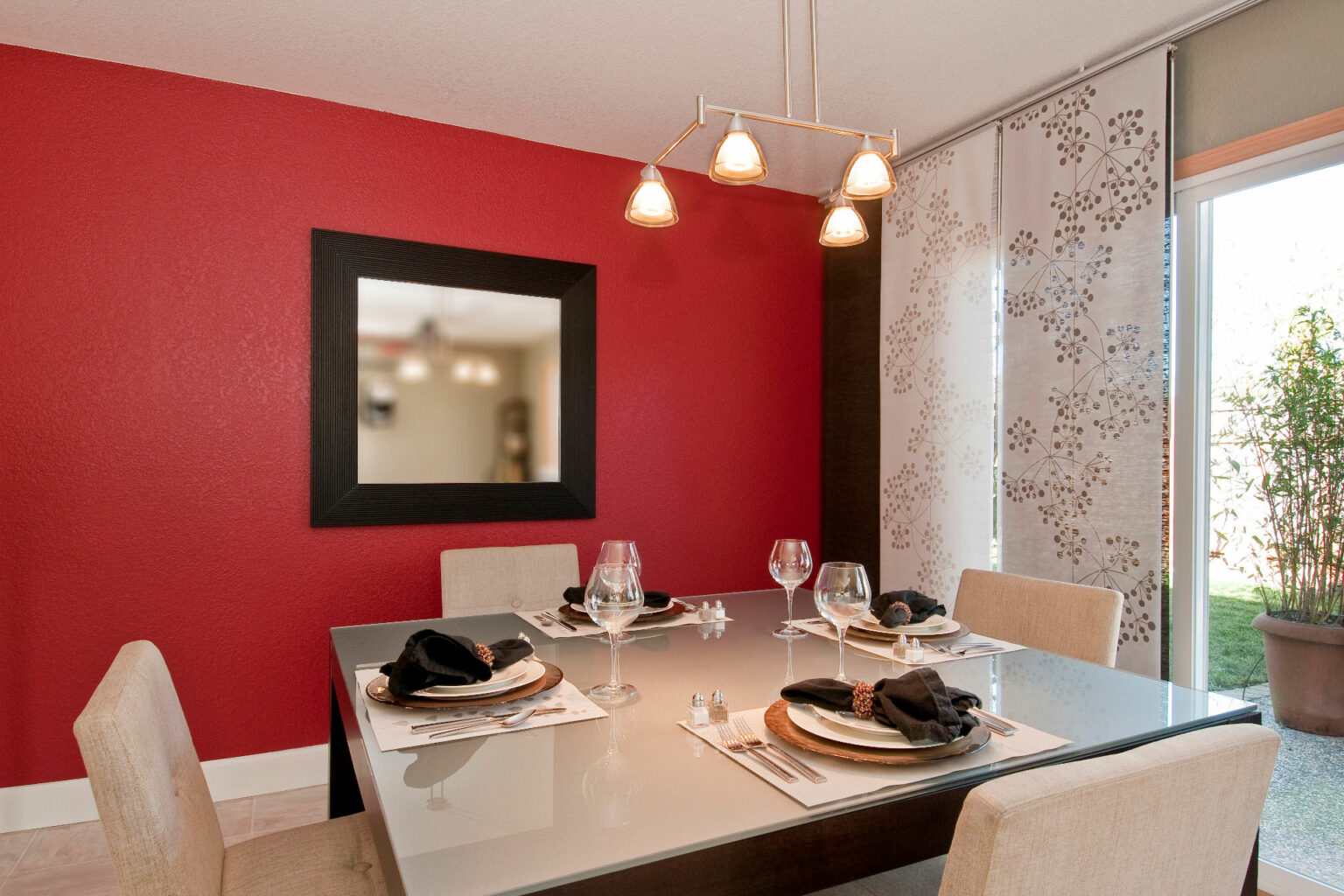 The right lighting can completely transform the ambiance of a room. With a modern dining room light, you have the ability to control the brightness and color of the light, allowing you to create the perfect atmosphere for any occasion. Whether you're hosting a romantic dinner or a lively dinner party, having the right lighting can set the mood and make your guests feel comfortable and welcome.
The right lighting can completely transform the ambiance of a room. With a modern dining room light, you have the ability to control the brightness and color of the light, allowing you to create the perfect atmosphere for any occasion. Whether you're hosting a romantic dinner or a lively dinner party, having the right lighting can set the mood and make your guests feel comfortable and welcome.
Stylish Design Options
 Gone are the days of basic, boring dining room lights. With modern fixtures, the design options are endless. From sleek and minimalist to bold and statement-making, there is a dining room light to fit every style and preference. By choosing a light that complements your existing décor, you can elevate the overall design of your dining room and make it a focal point of the space.
Gone are the days of basic, boring dining room lights. With modern fixtures, the design options are endless. From sleek and minimalist to bold and statement-making, there is a dining room light to fit every style and preference. By choosing a light that complements your existing décor, you can elevate the overall design of your dining room and make it a focal point of the space.
Conclusion
 Upgrading your dining room light is a simple and effective way to improve the functionality and design of your home. With improved energy efficiency, enhanced ambiance, and stylish design options, a modern light fixture is a worthwhile investment that you won't regret. Say goodbye to constantly changing blown bulbs and hello to a beautifully lit dining room that you can enjoy for years to come.
Upgrading your dining room light is a simple and effective way to improve the functionality and design of your home. With improved energy efficiency, enhanced ambiance, and stylish design options, a modern light fixture is a worthwhile investment that you won't regret. Say goodbye to constantly changing blown bulbs and hello to a beautifully lit dining room that you can enjoy for years to come.






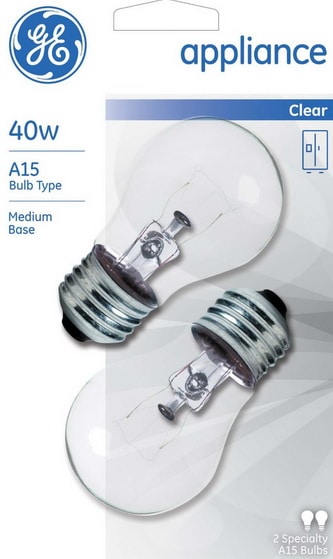



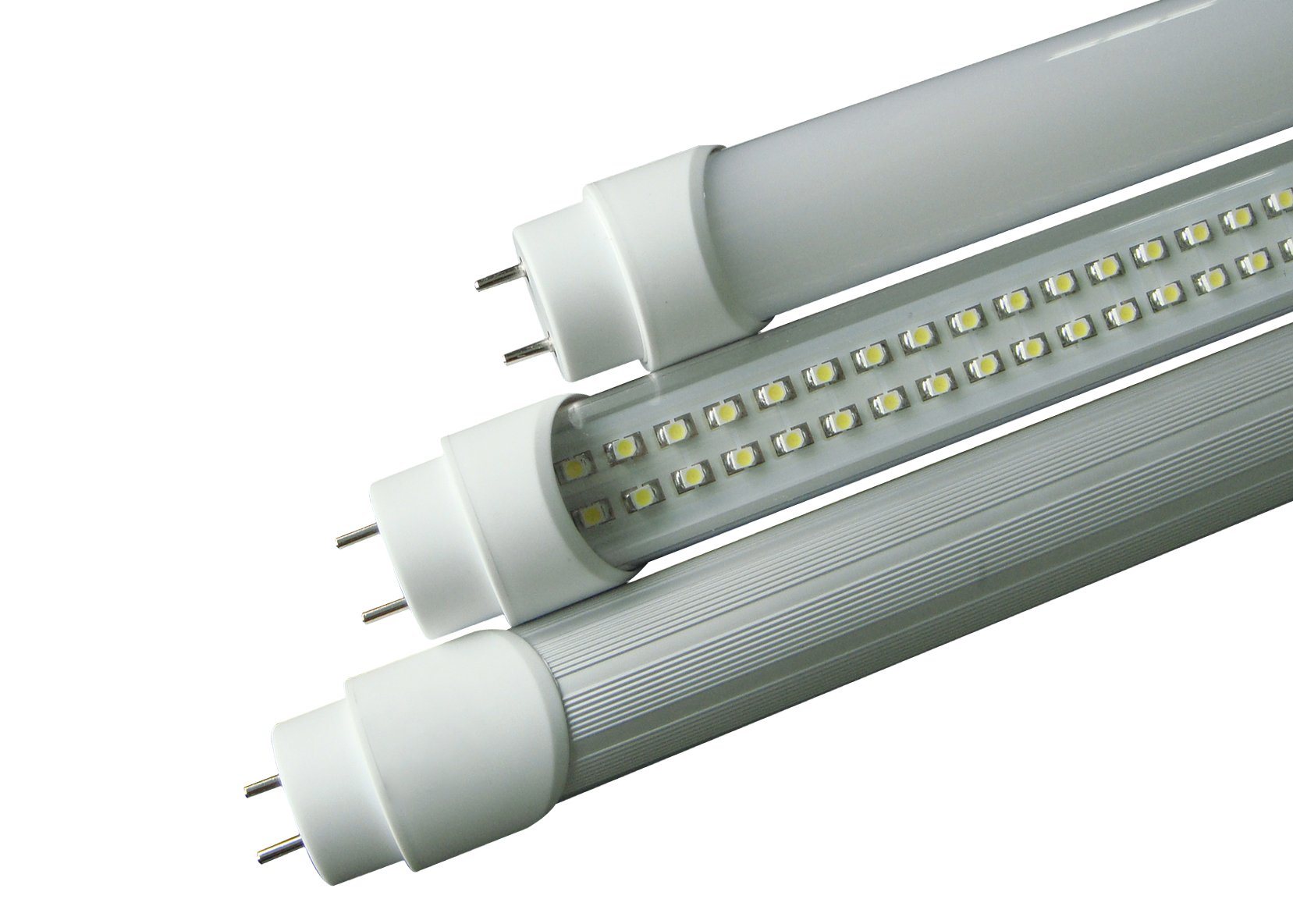
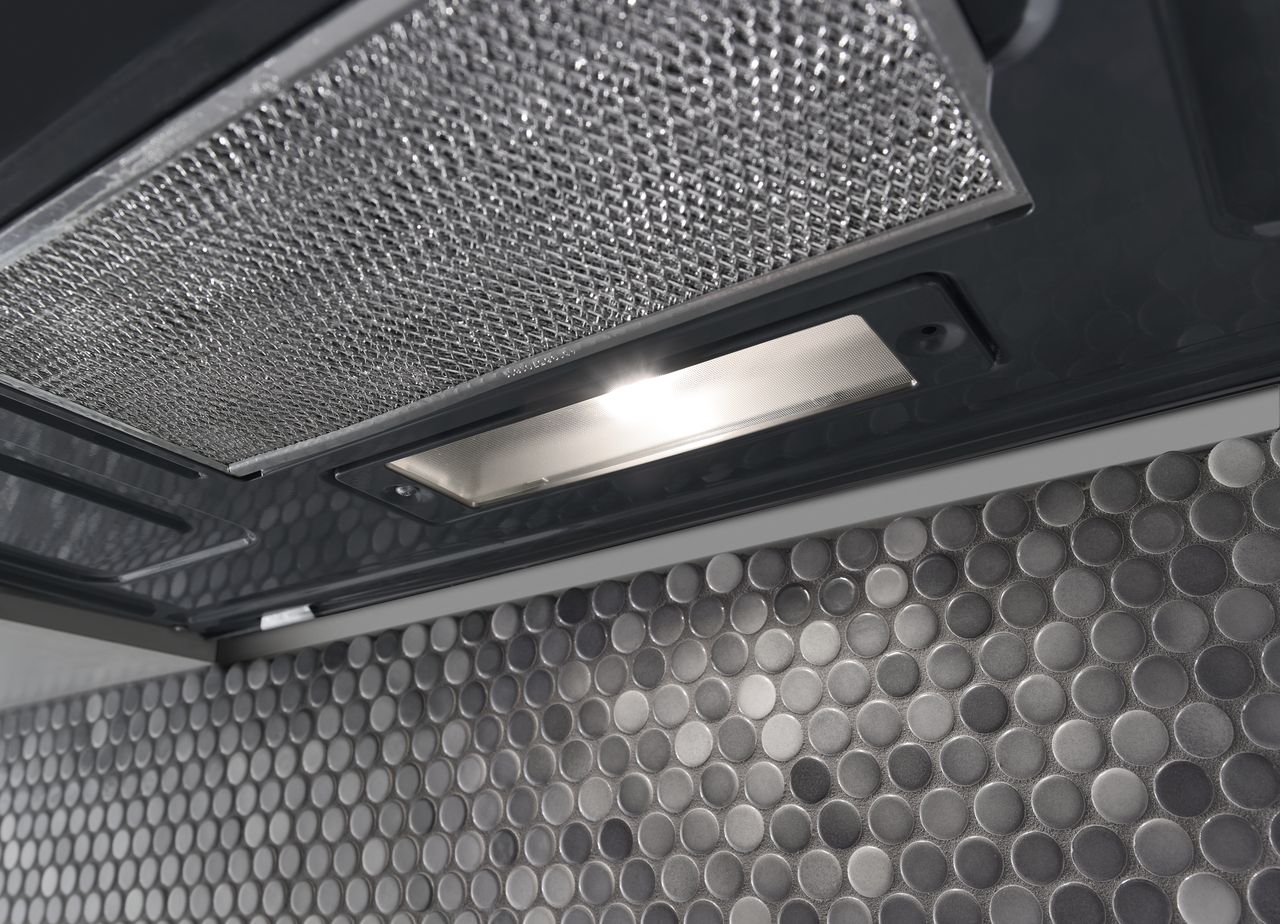

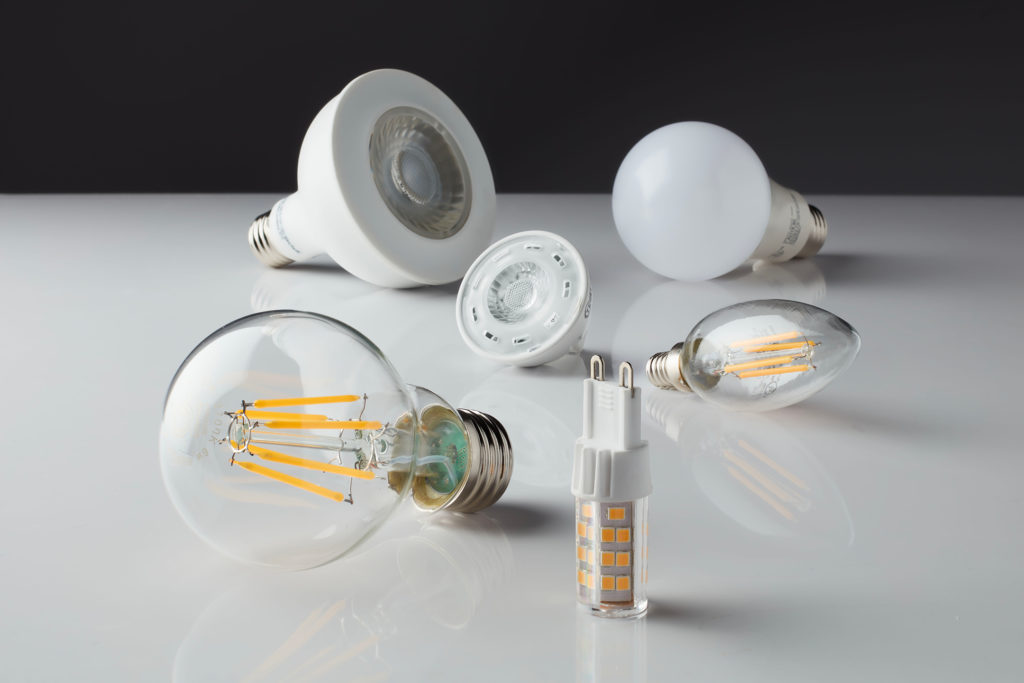


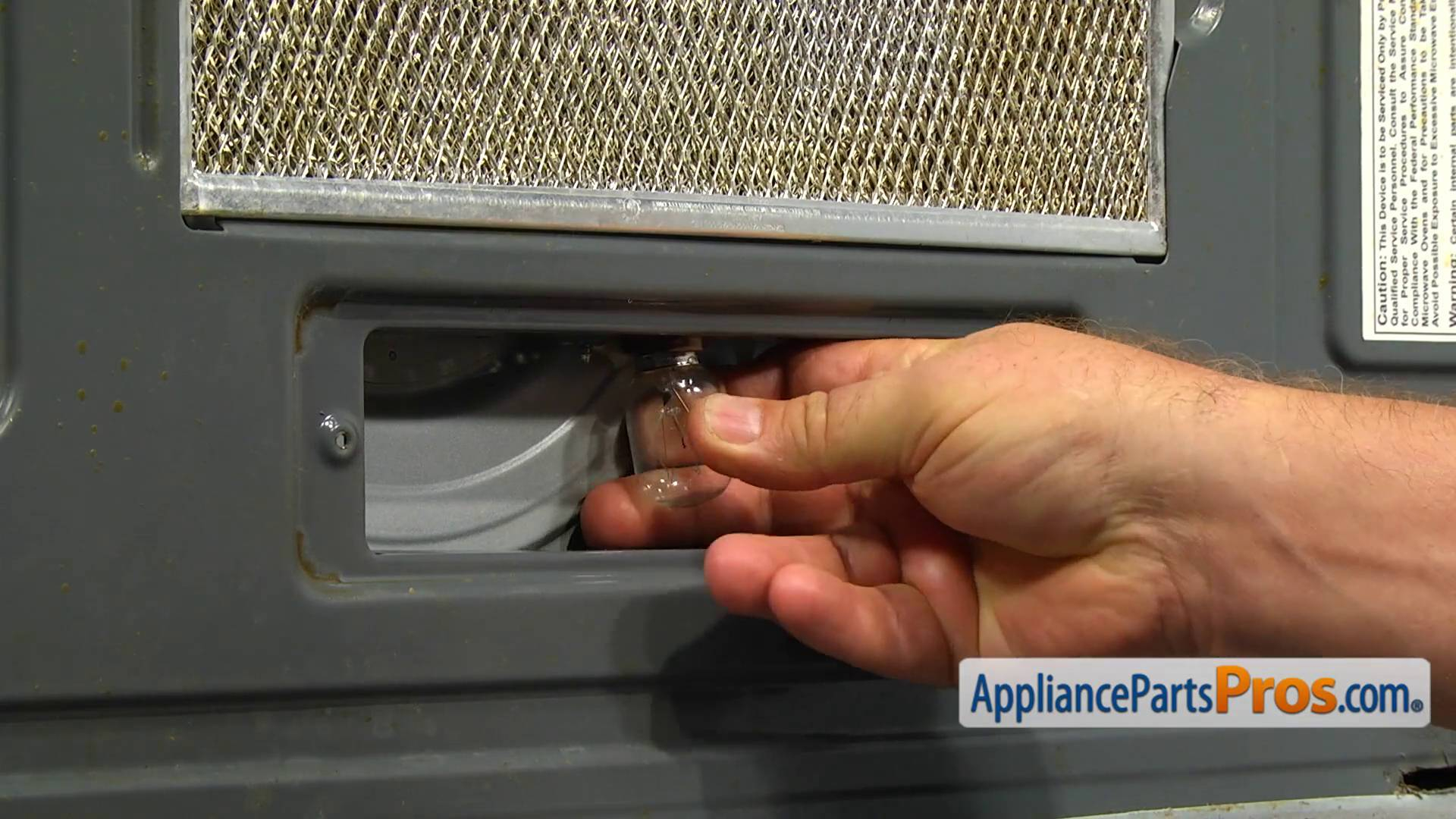
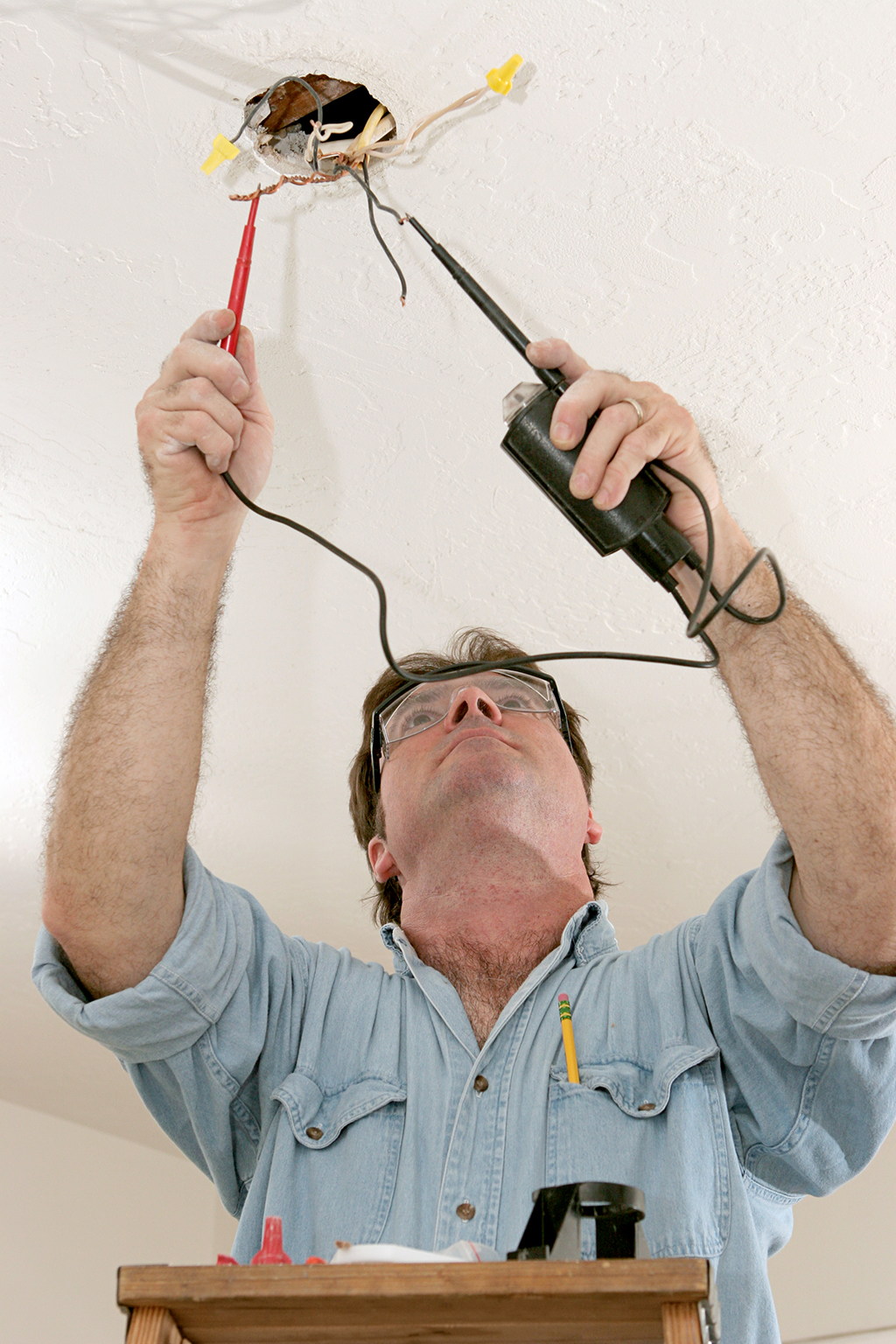
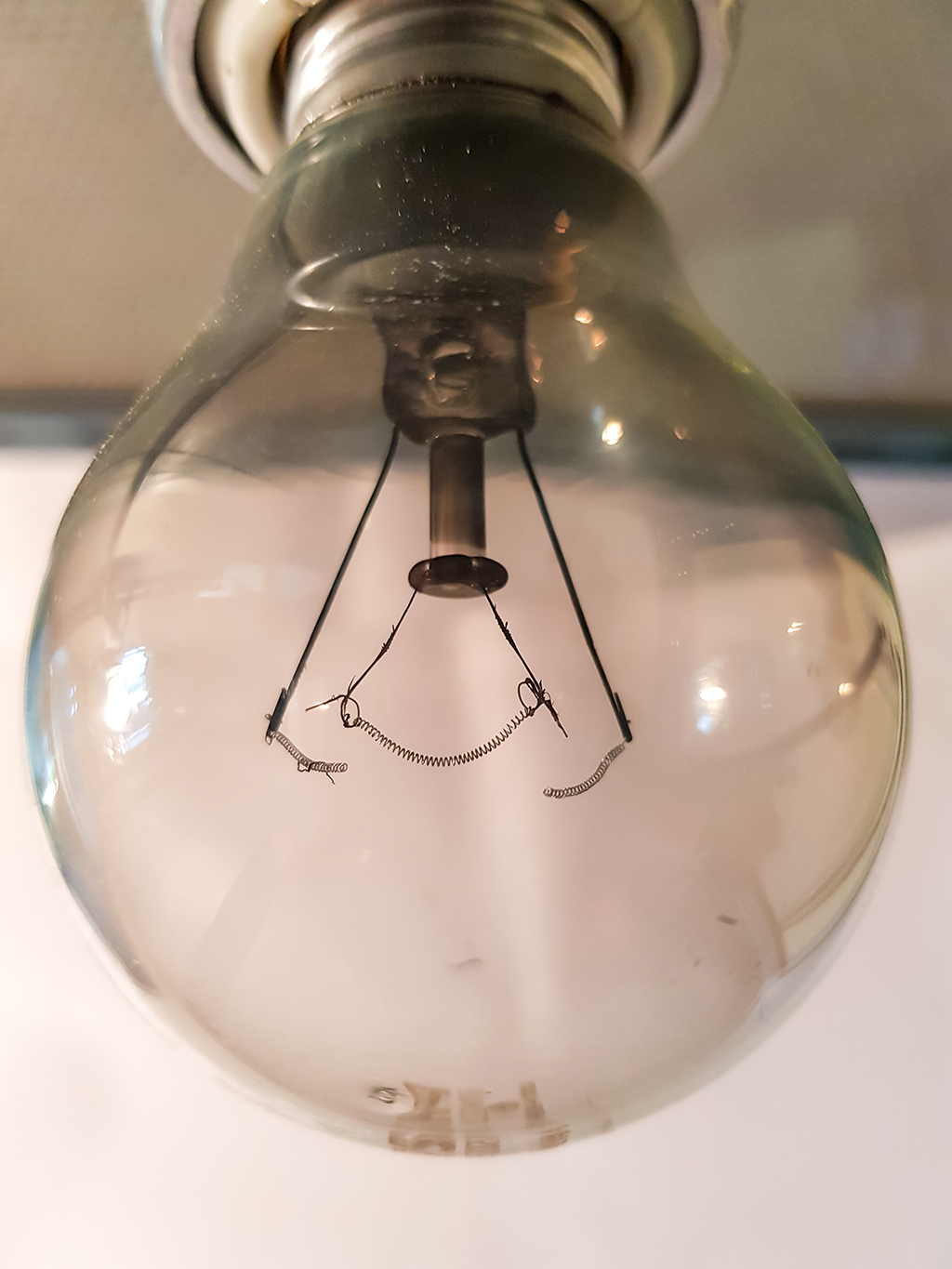

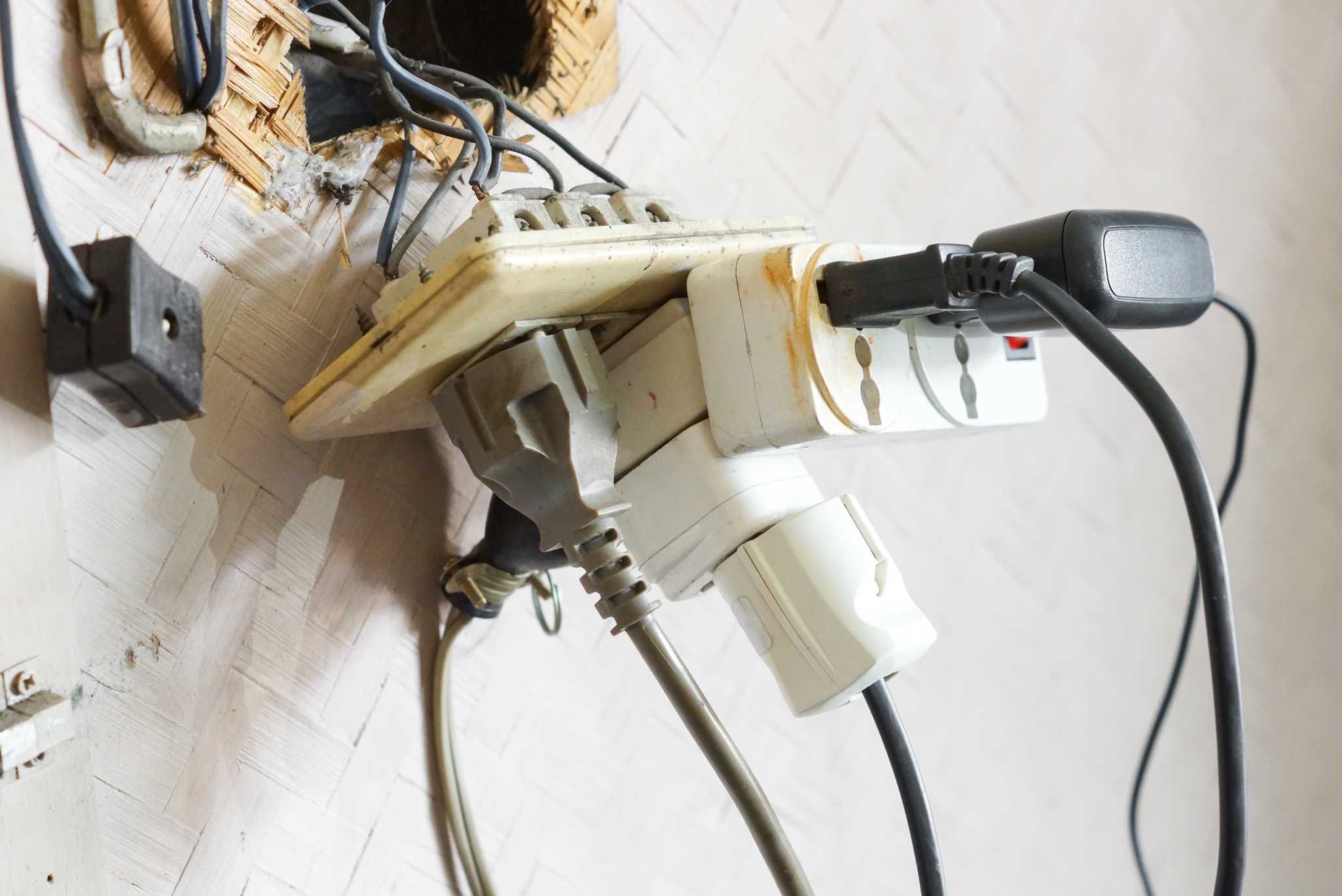
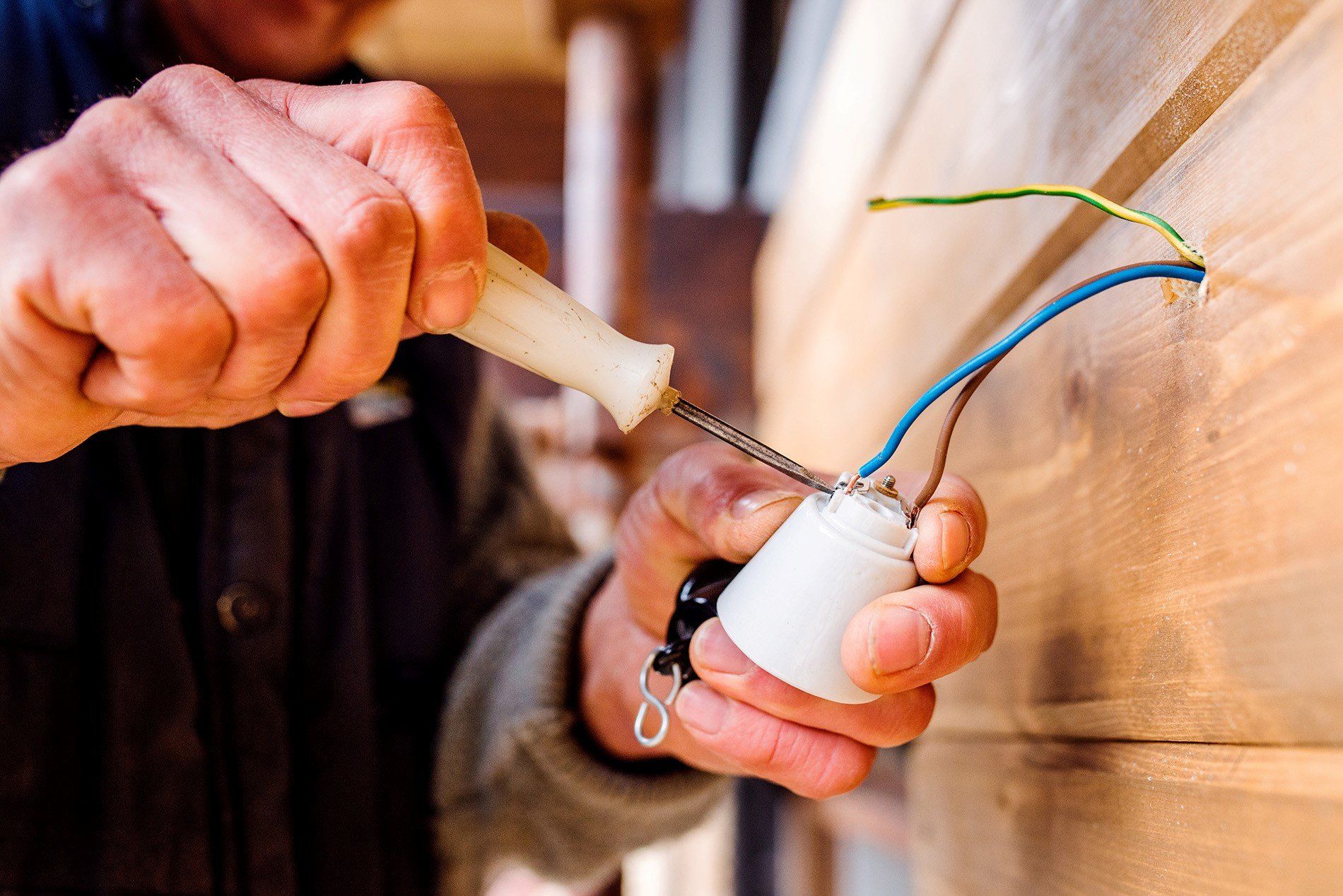
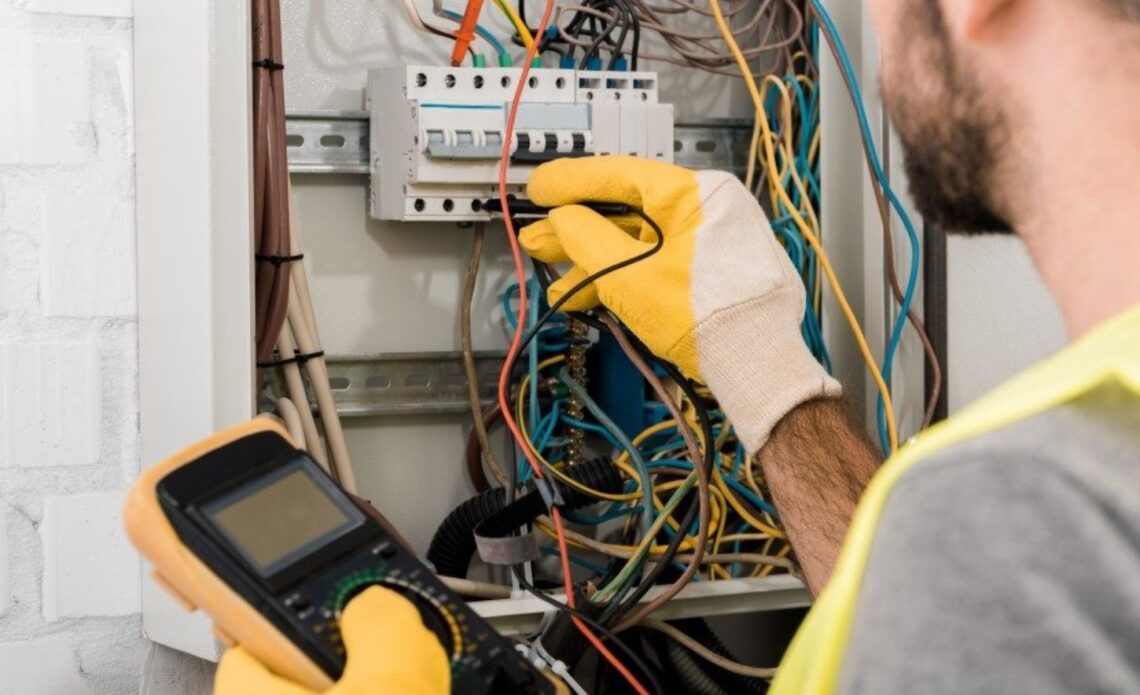

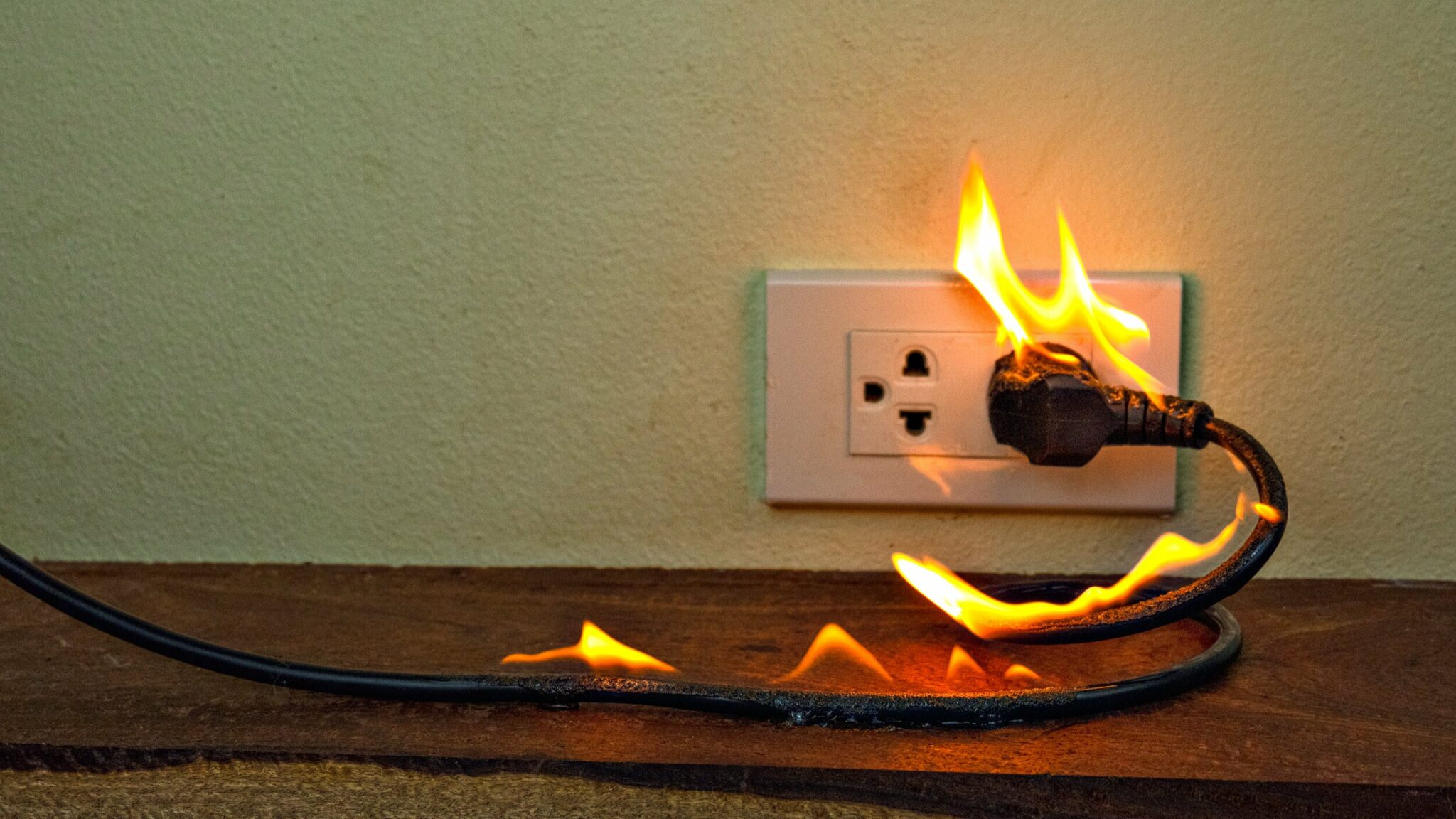


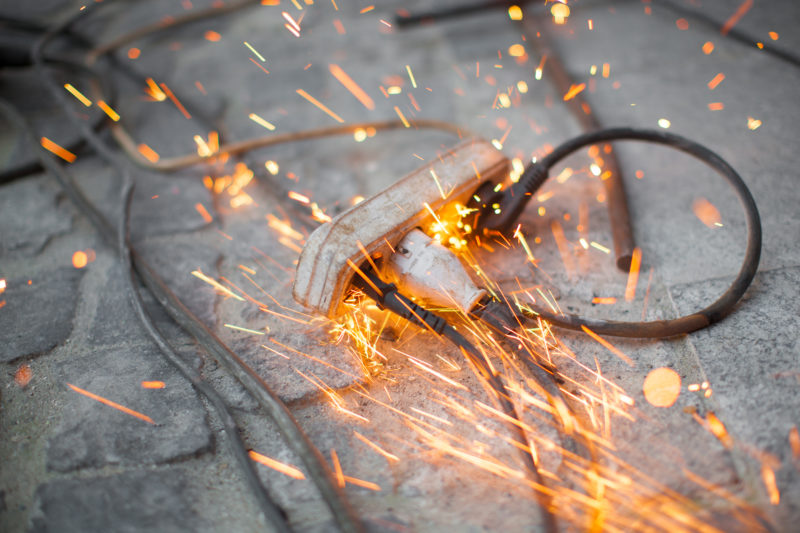
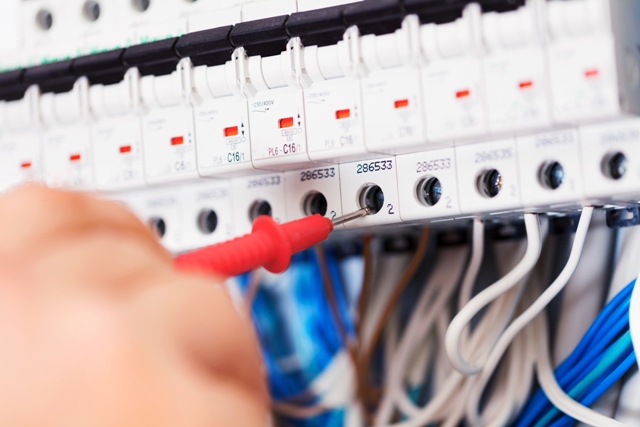
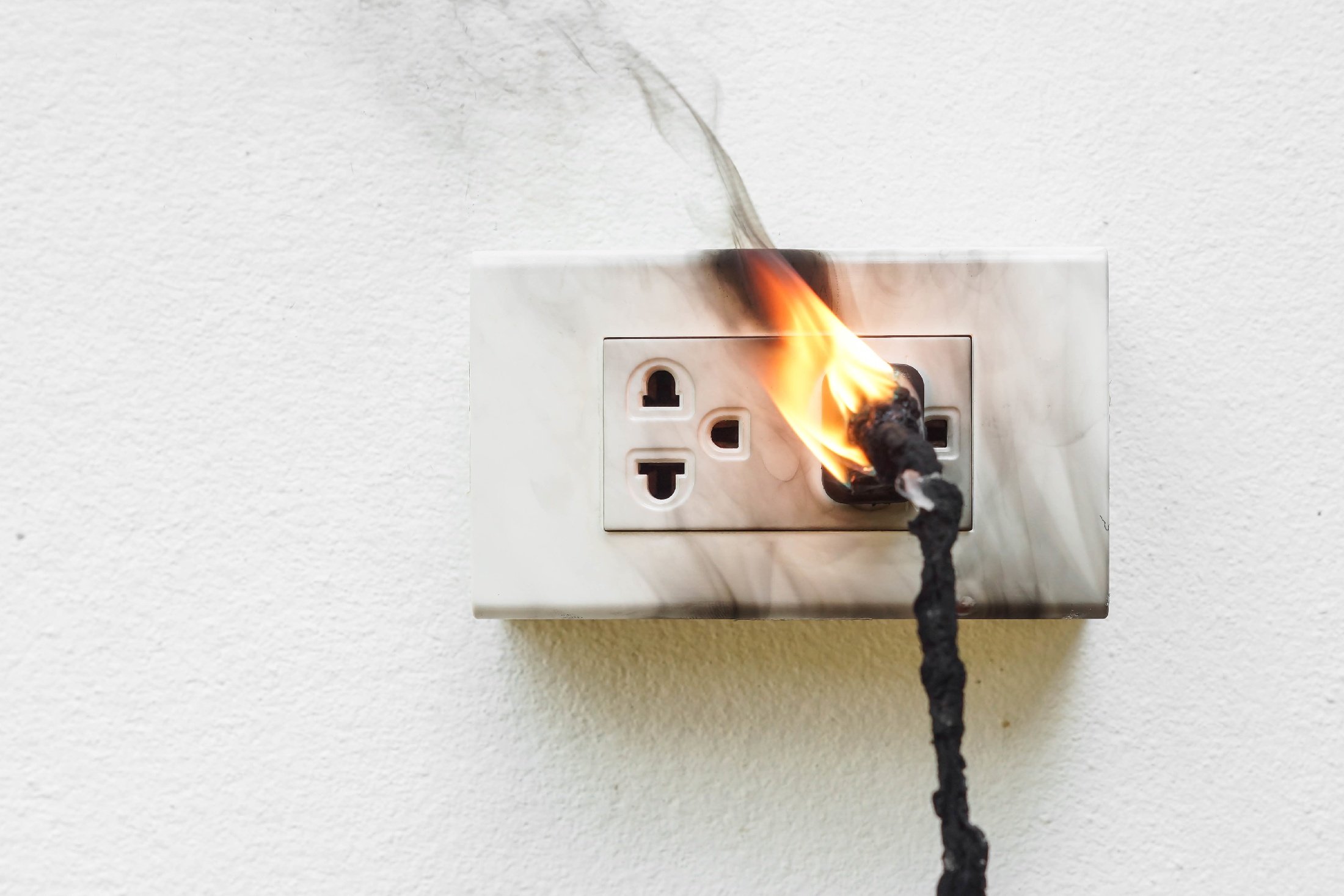

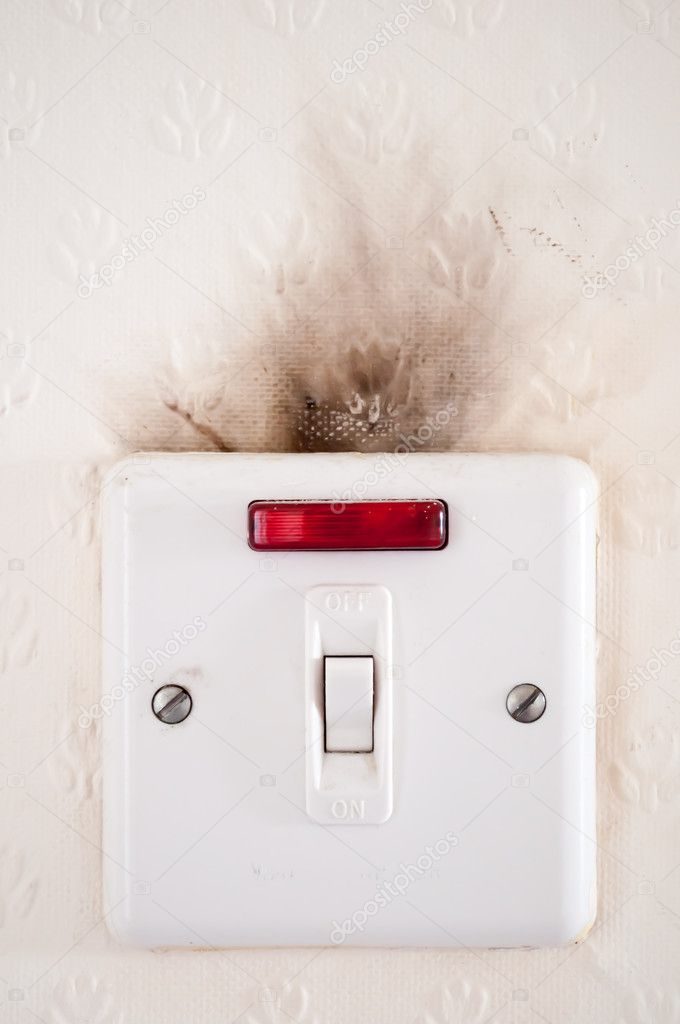

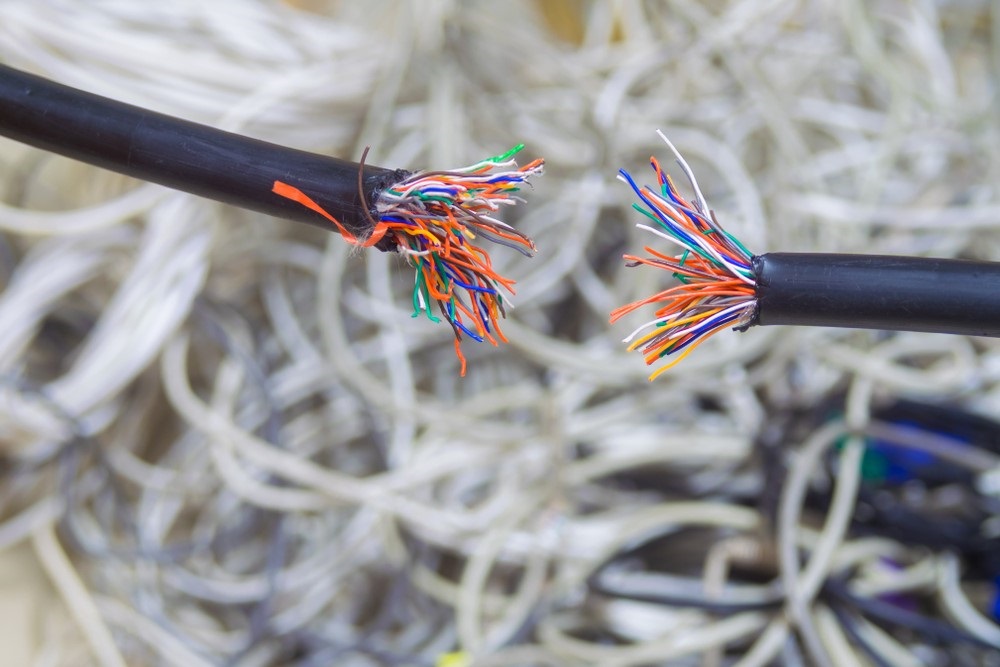



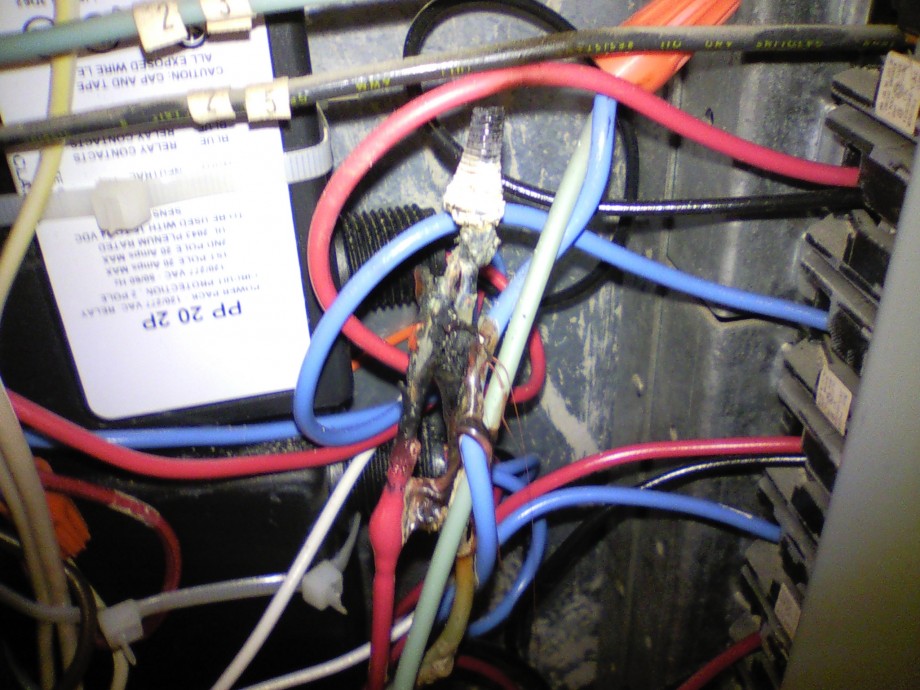
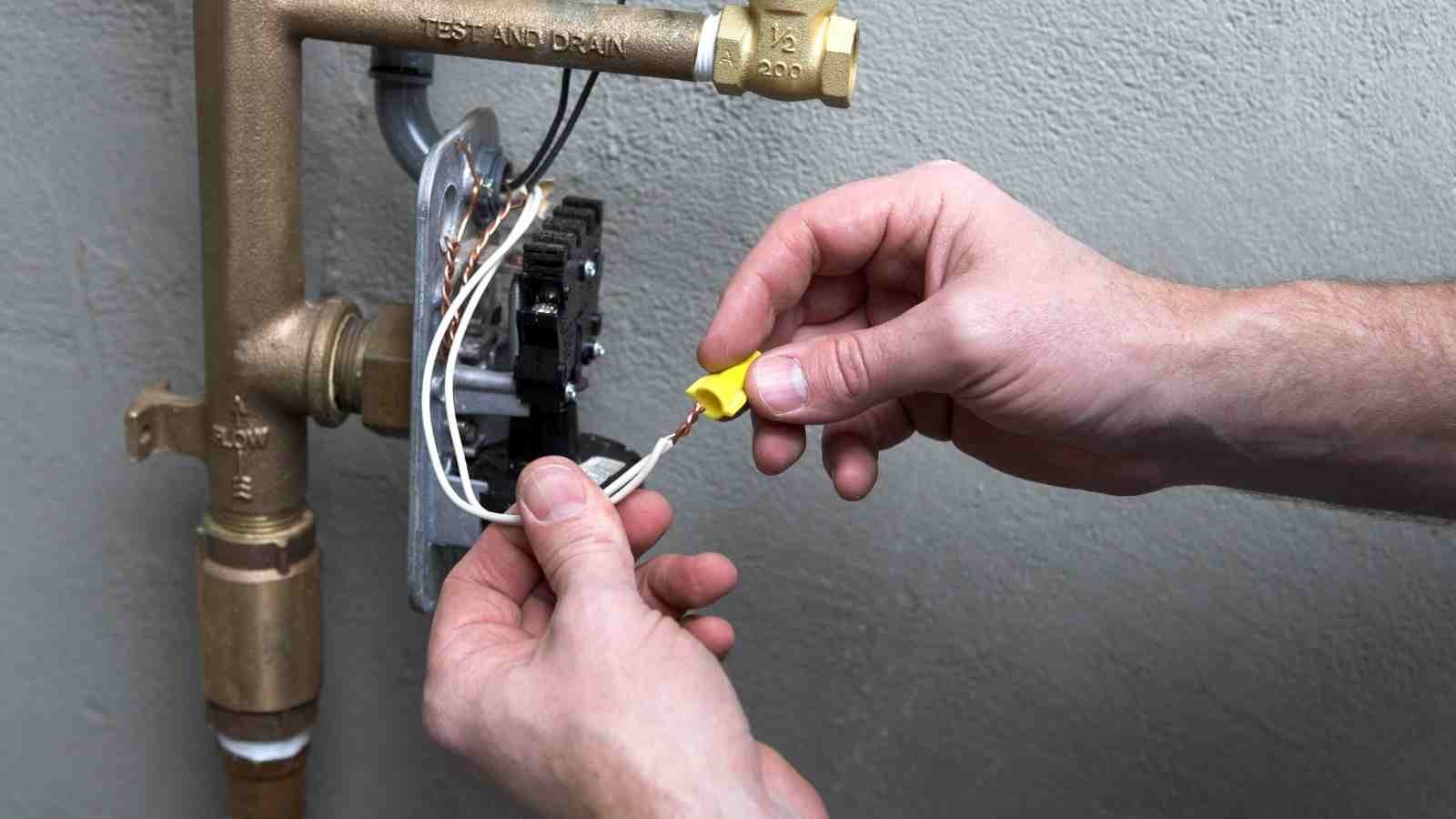

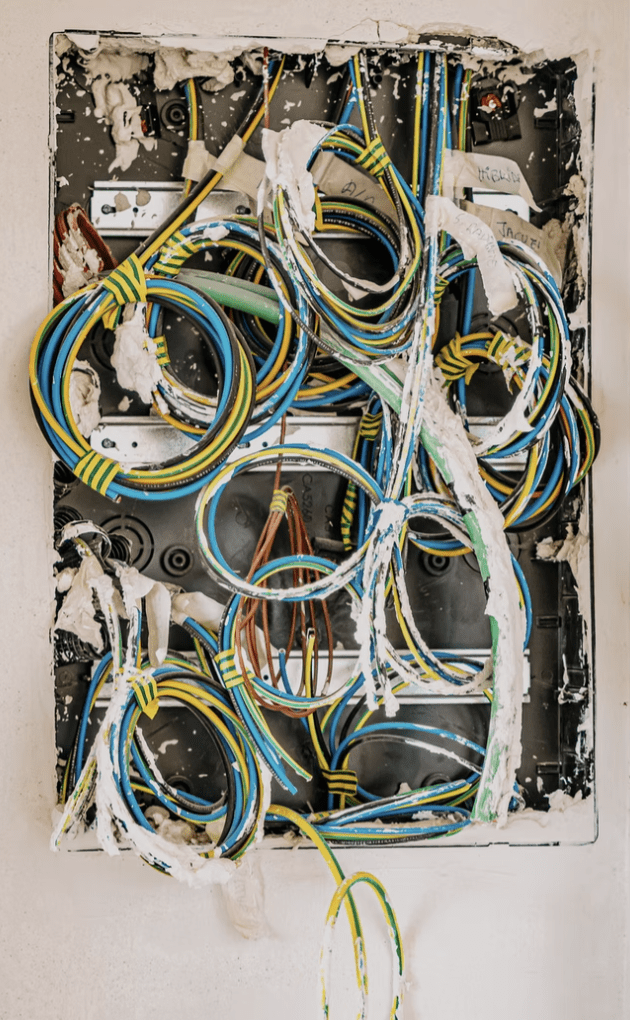
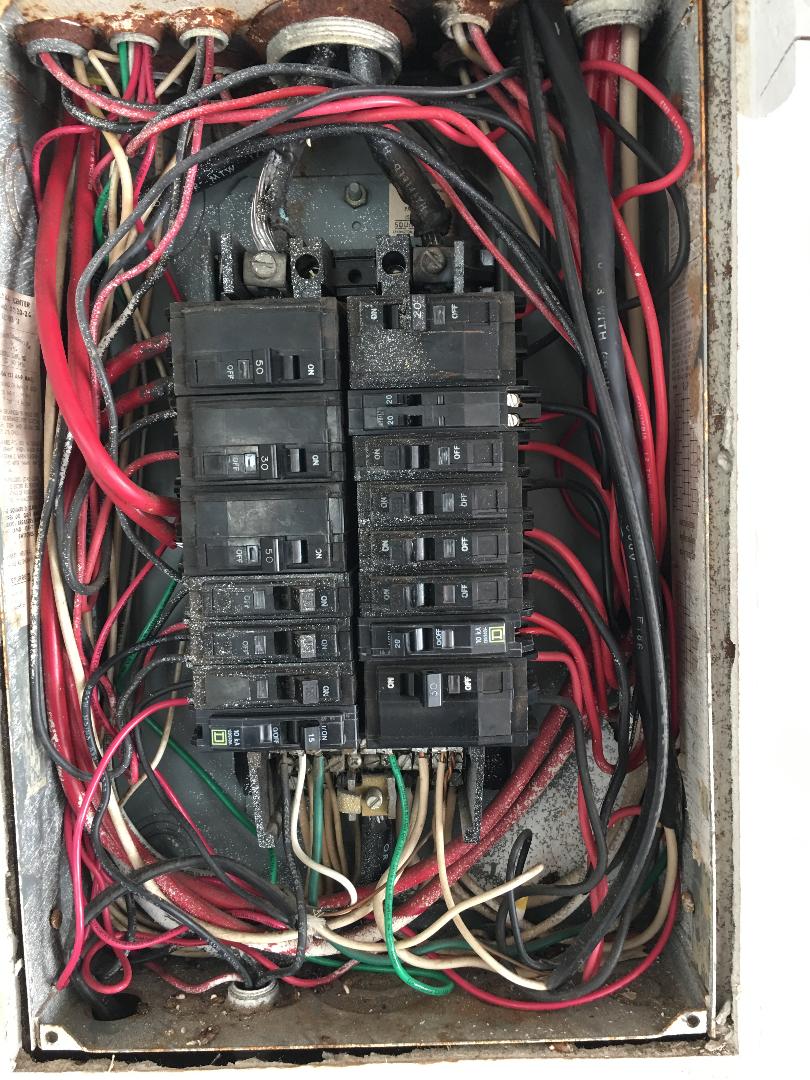



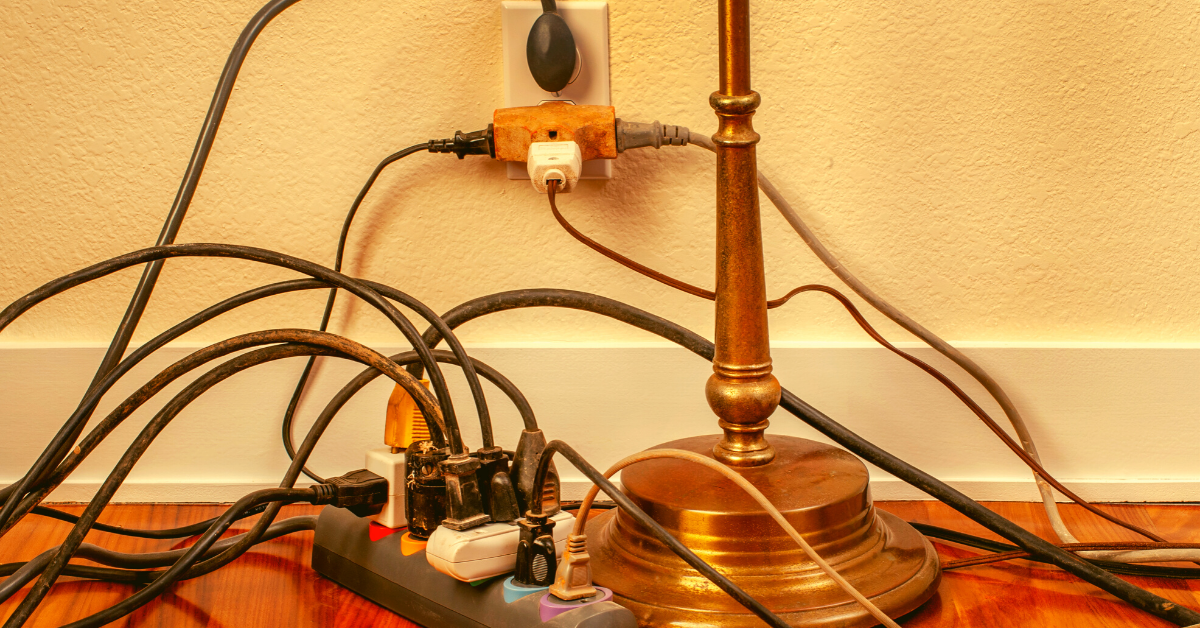
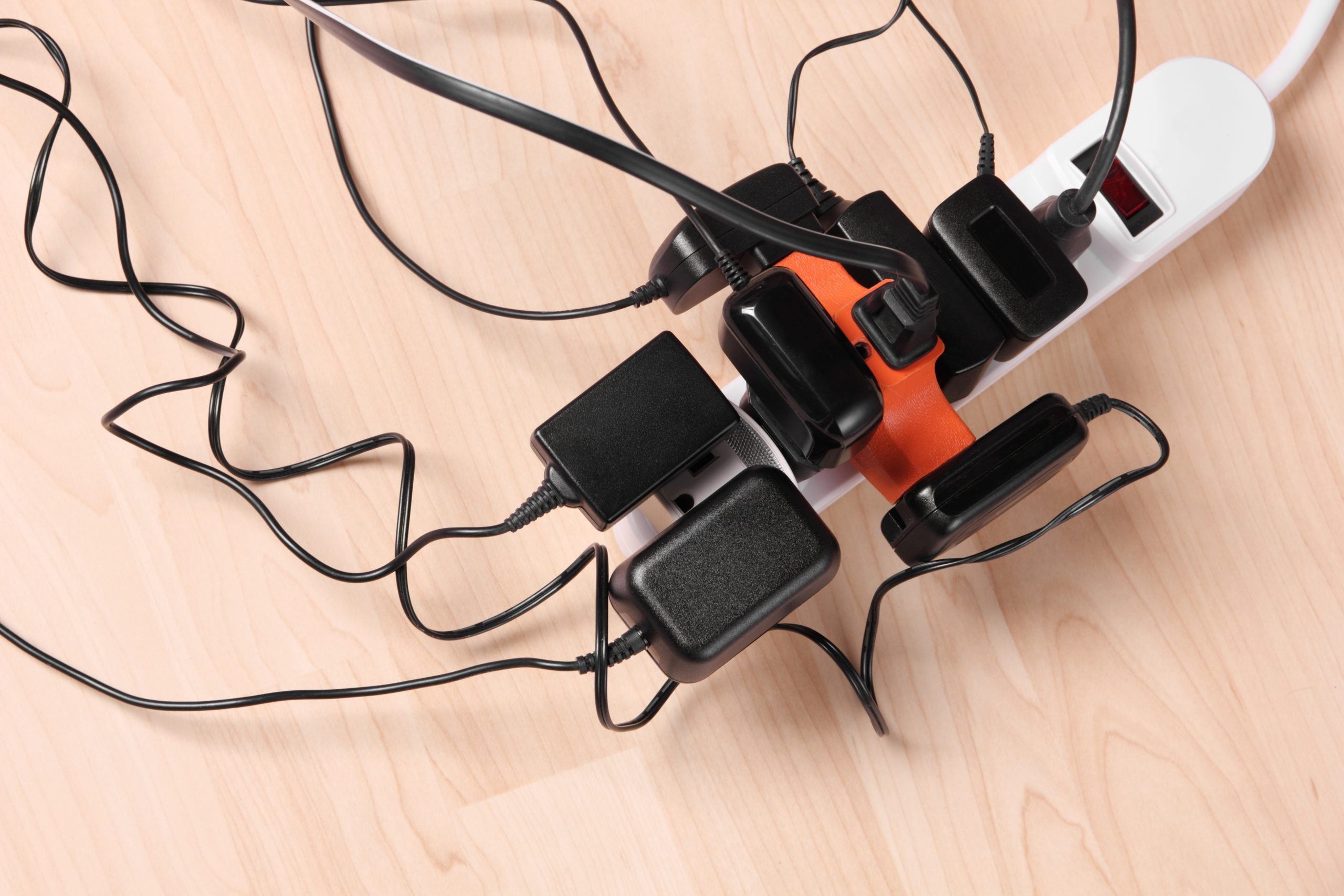
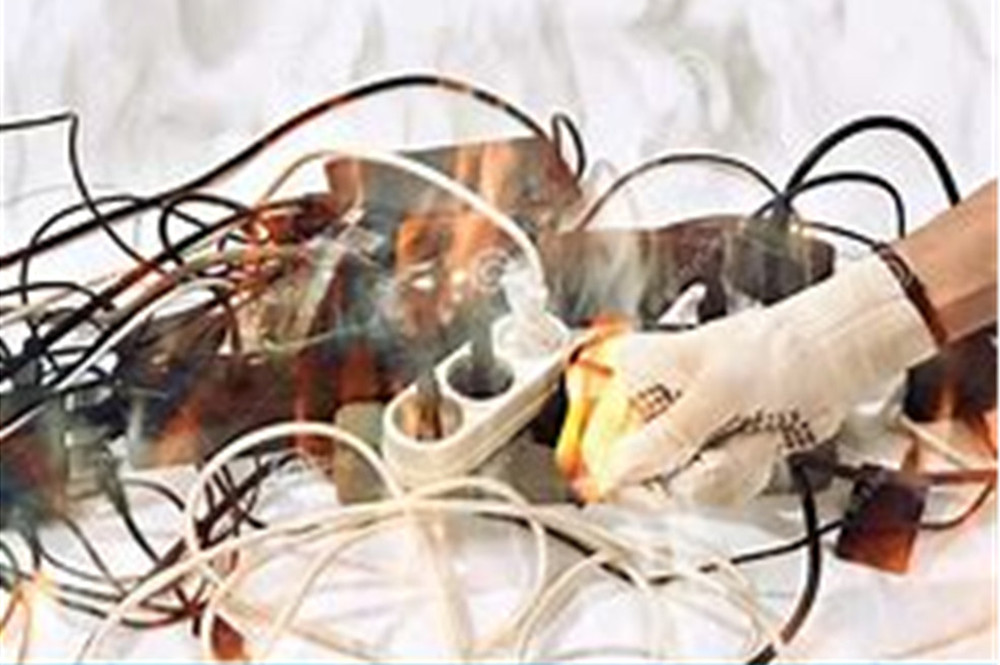
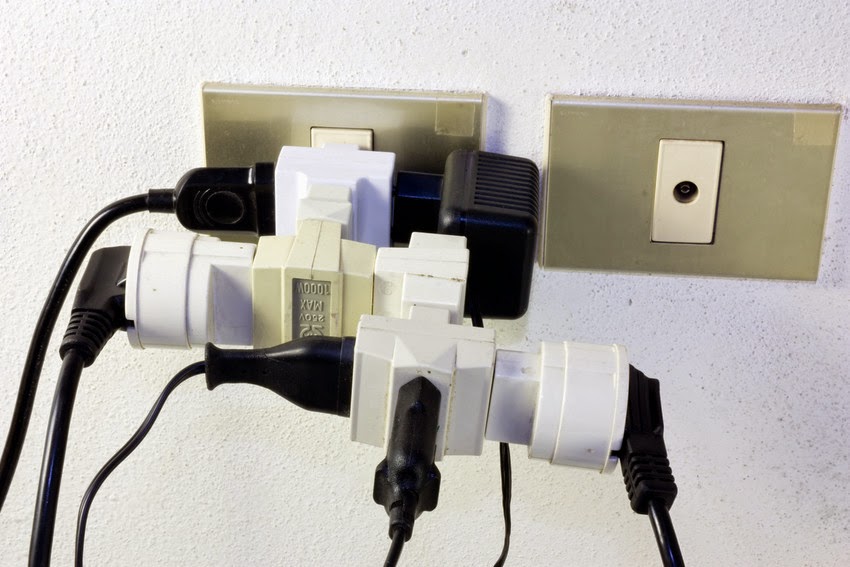
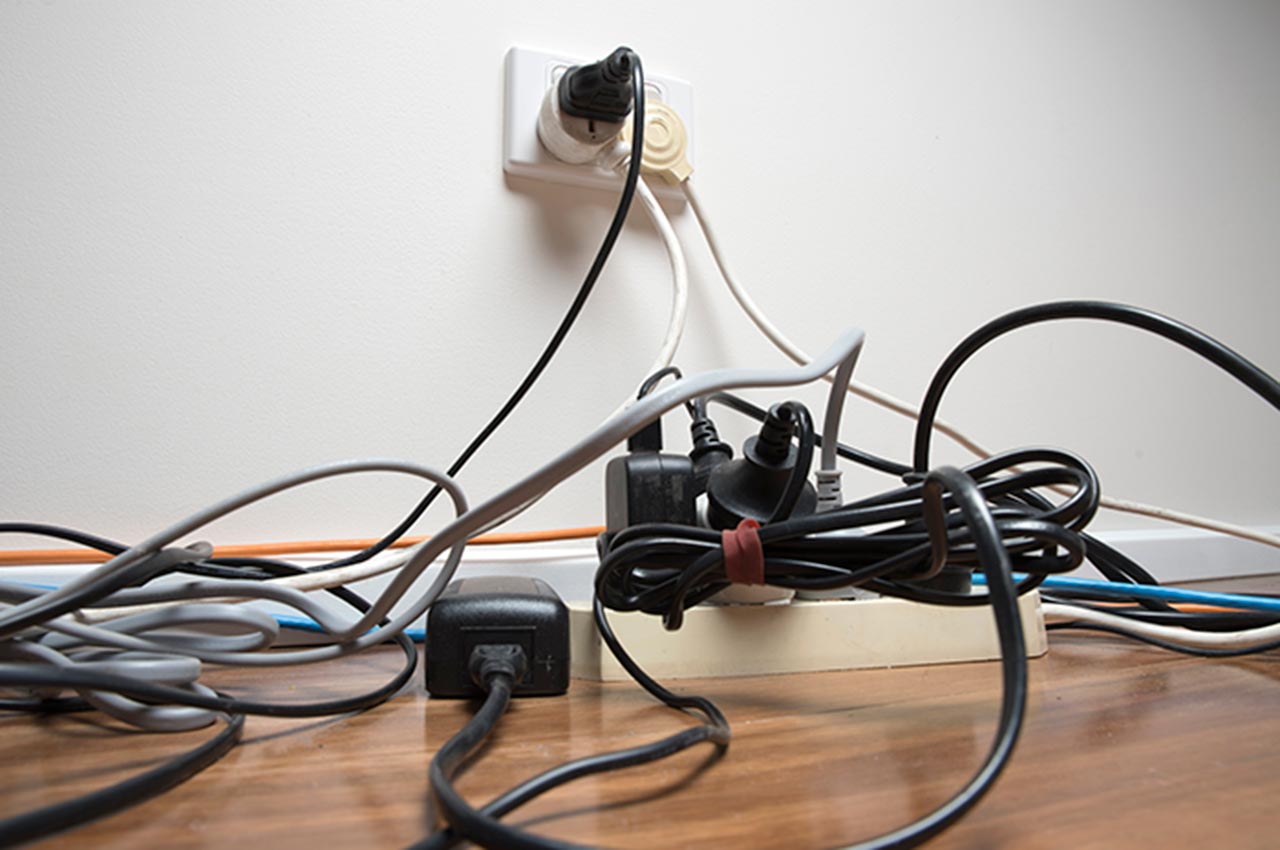
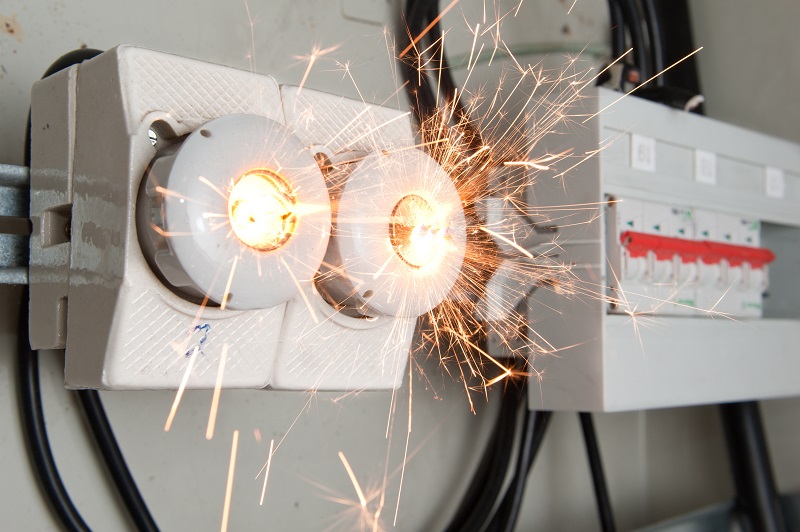










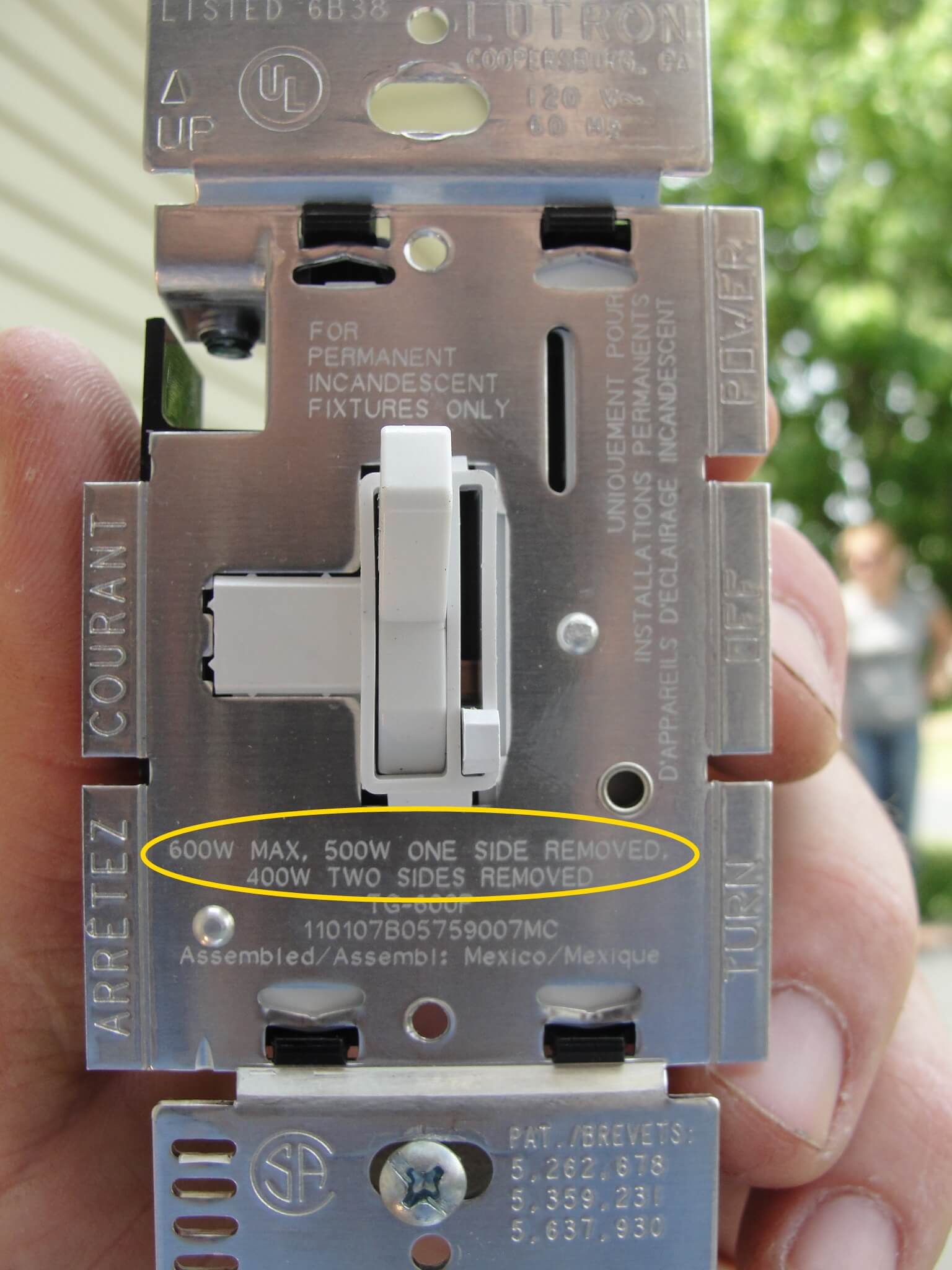
:max_bytes(150000):strip_icc()/man-adjusting-light-dimmer-88295299-584078775f9b5851e5948a2f.jpg)

